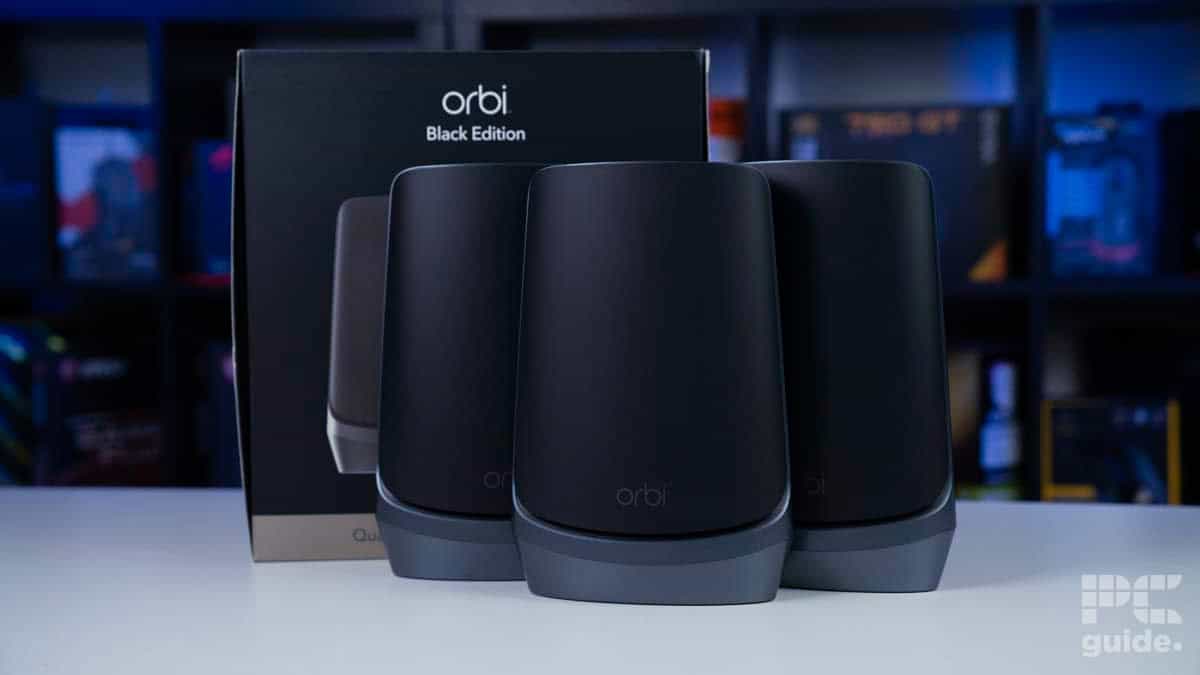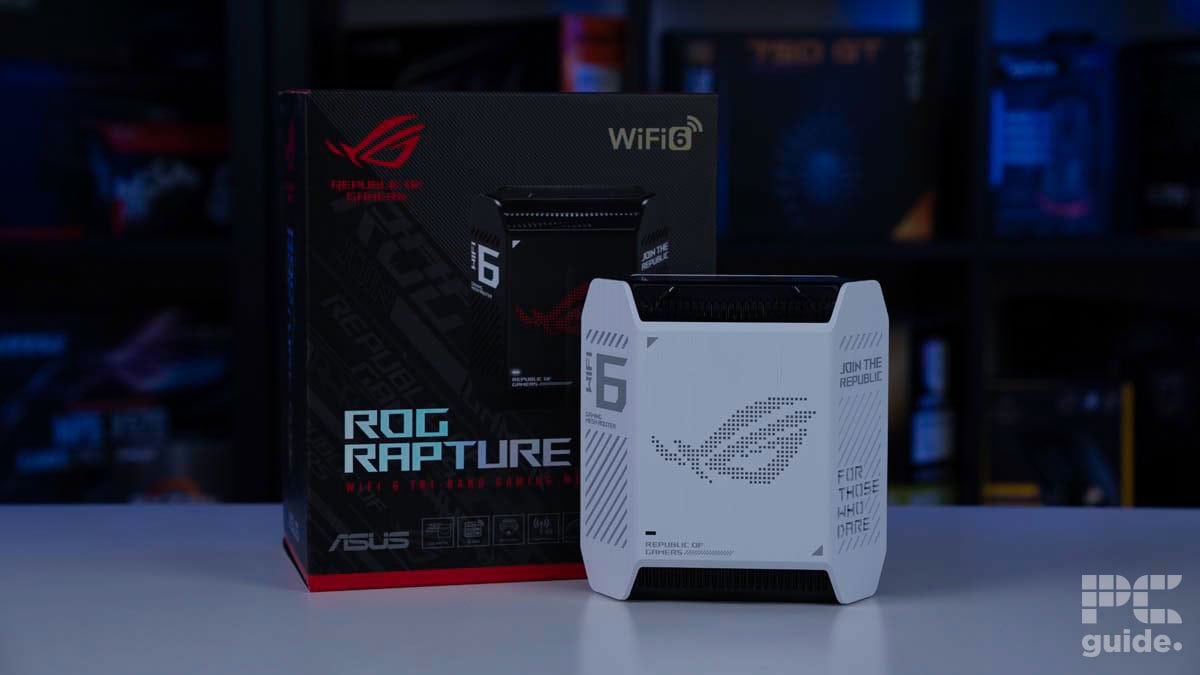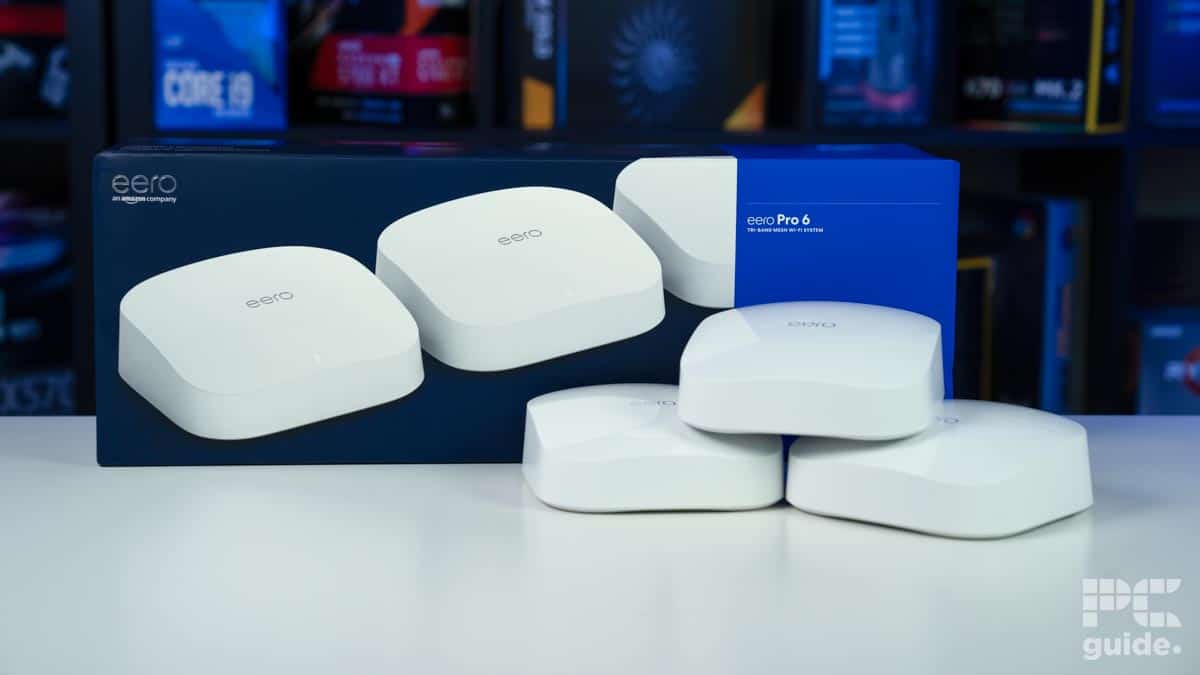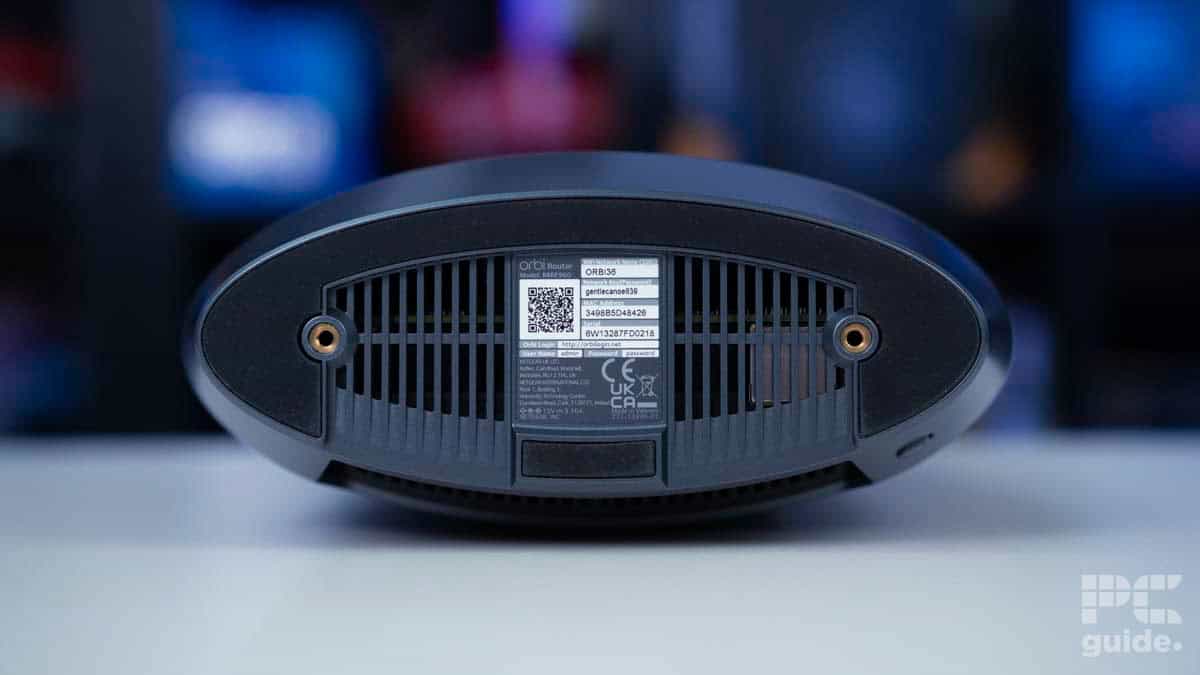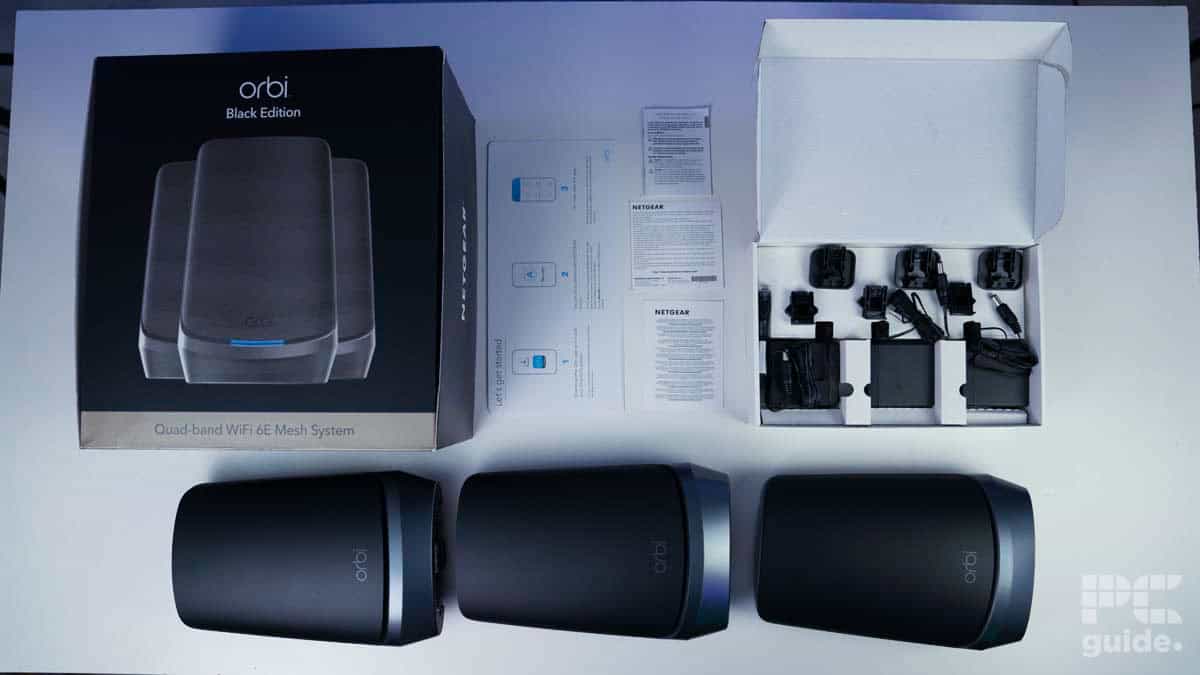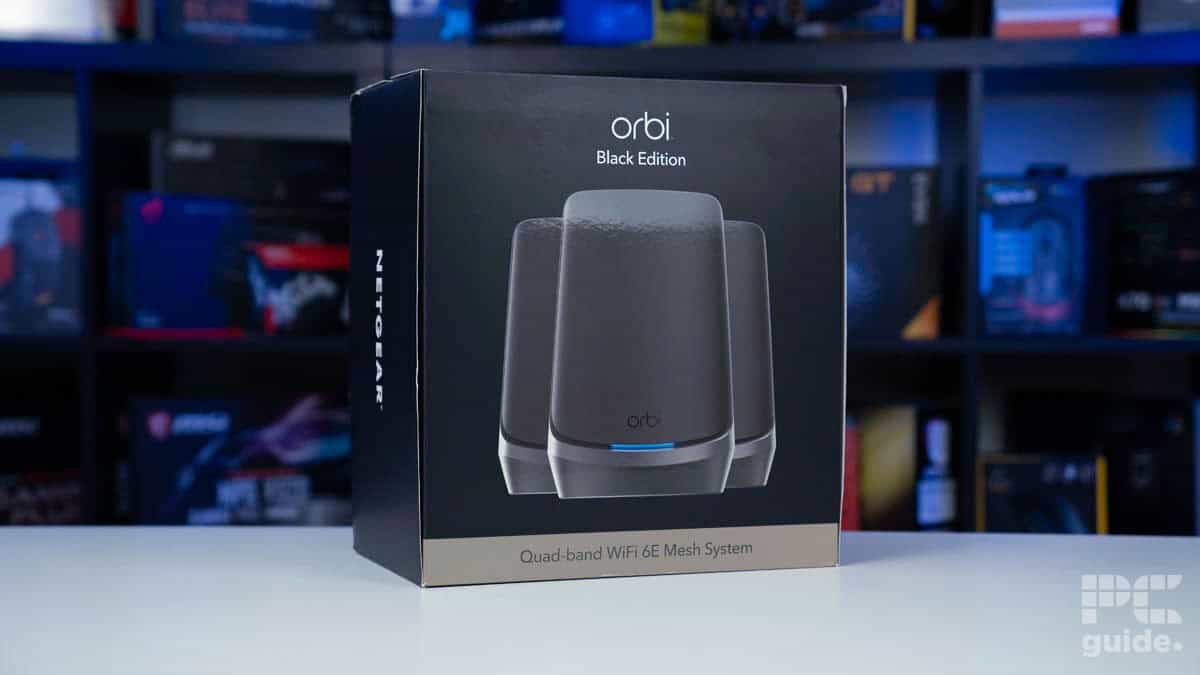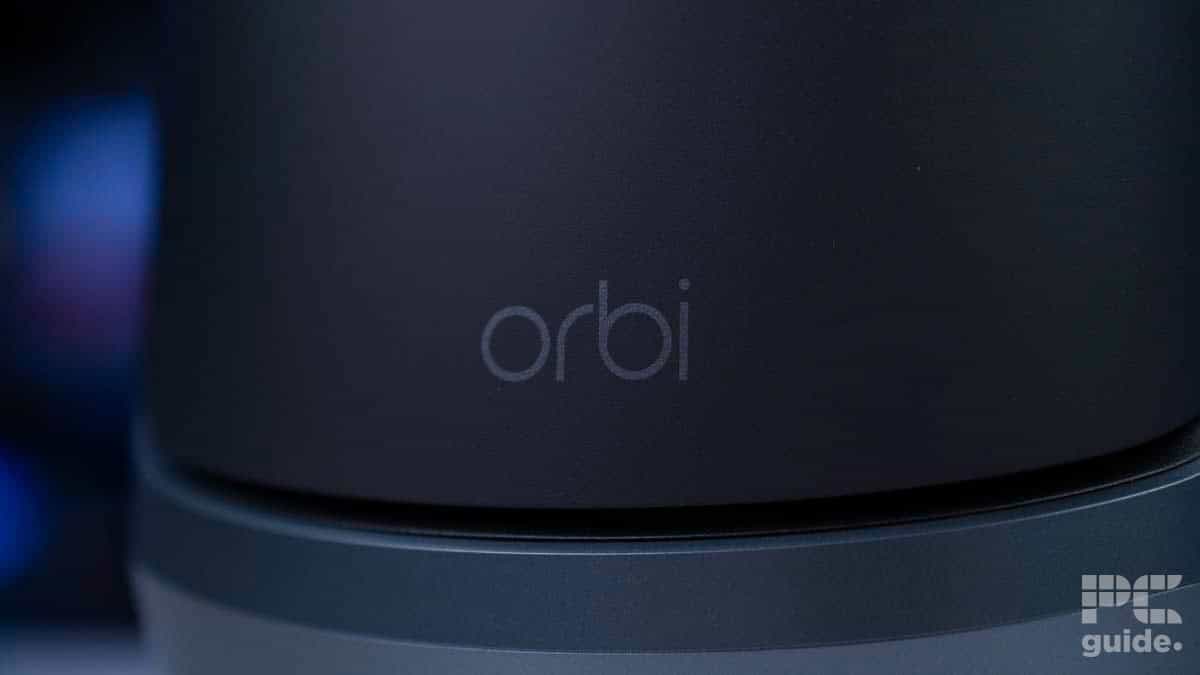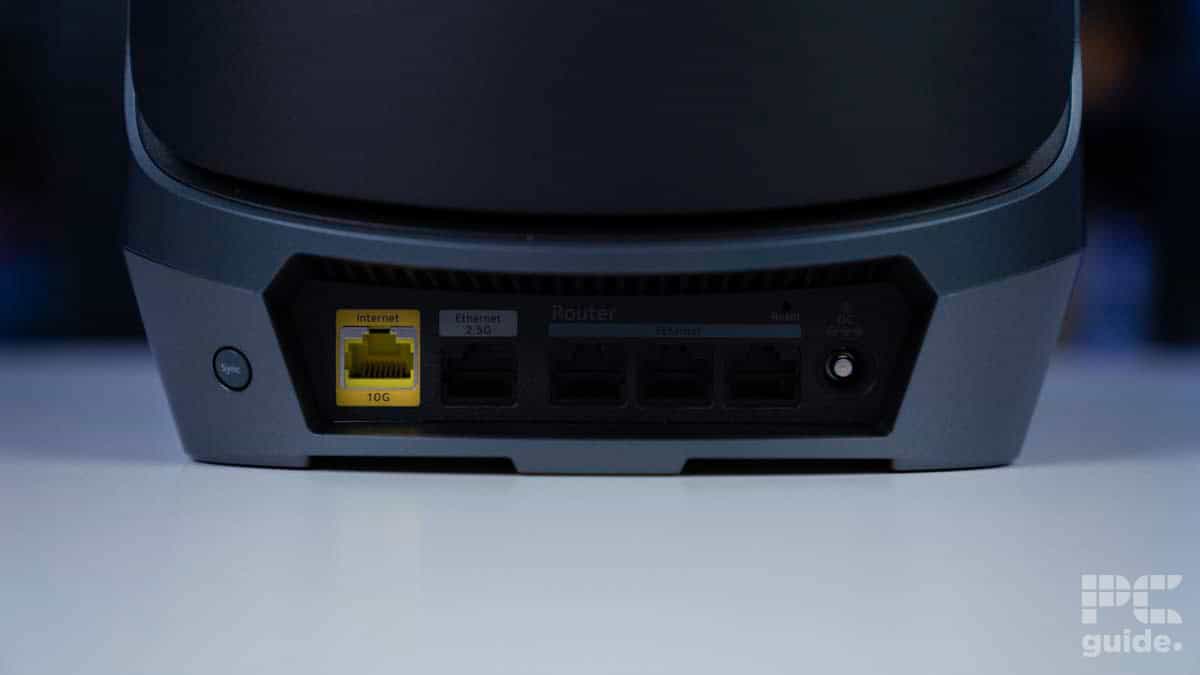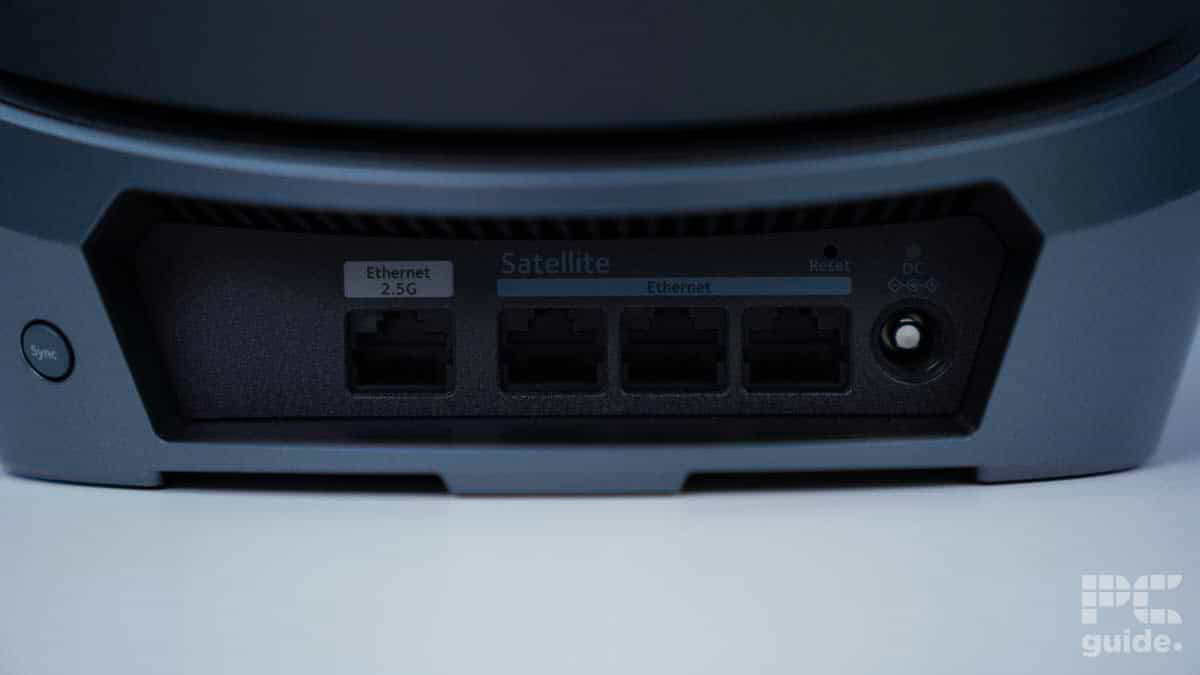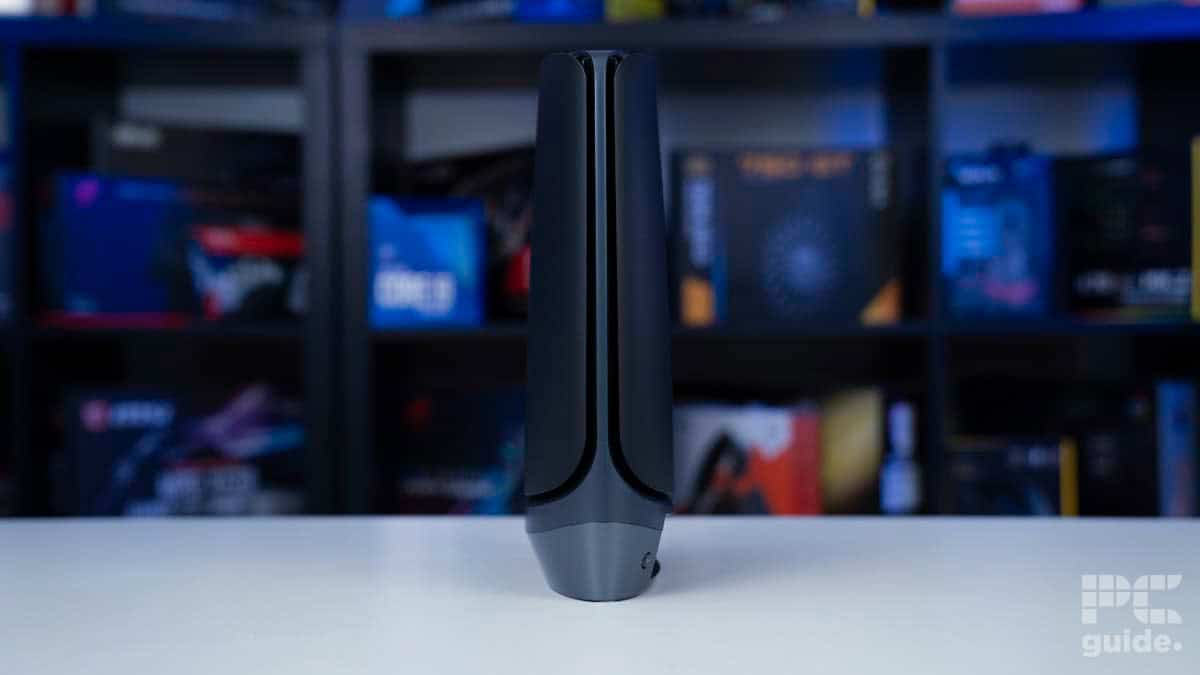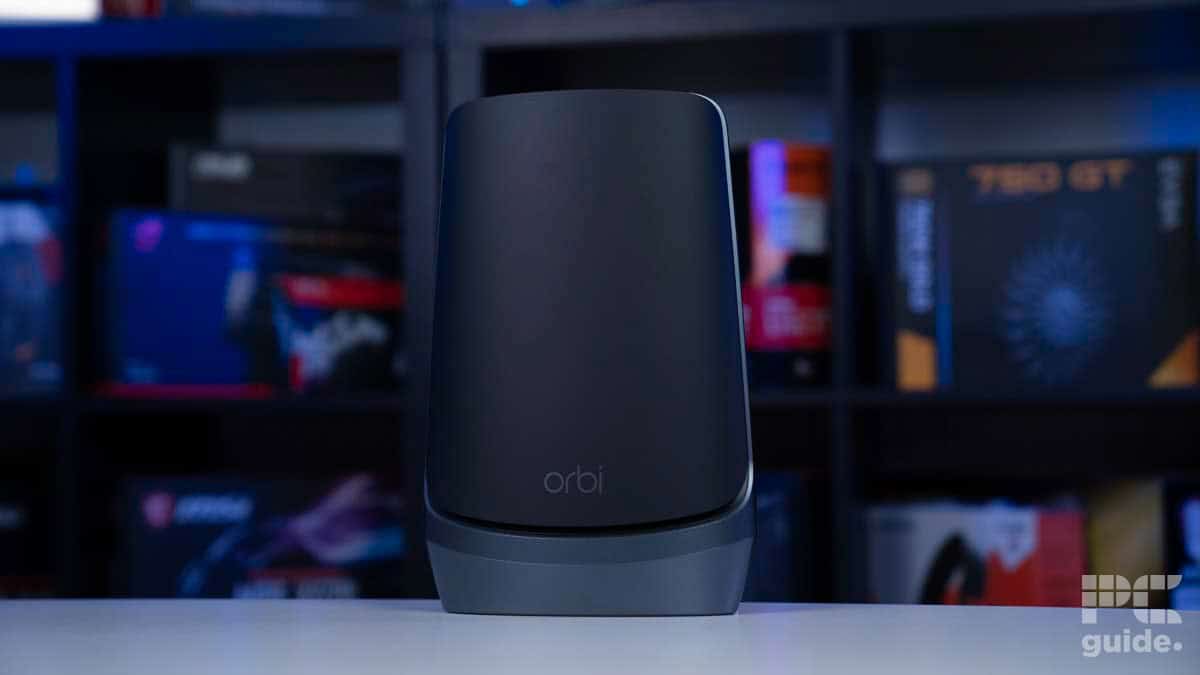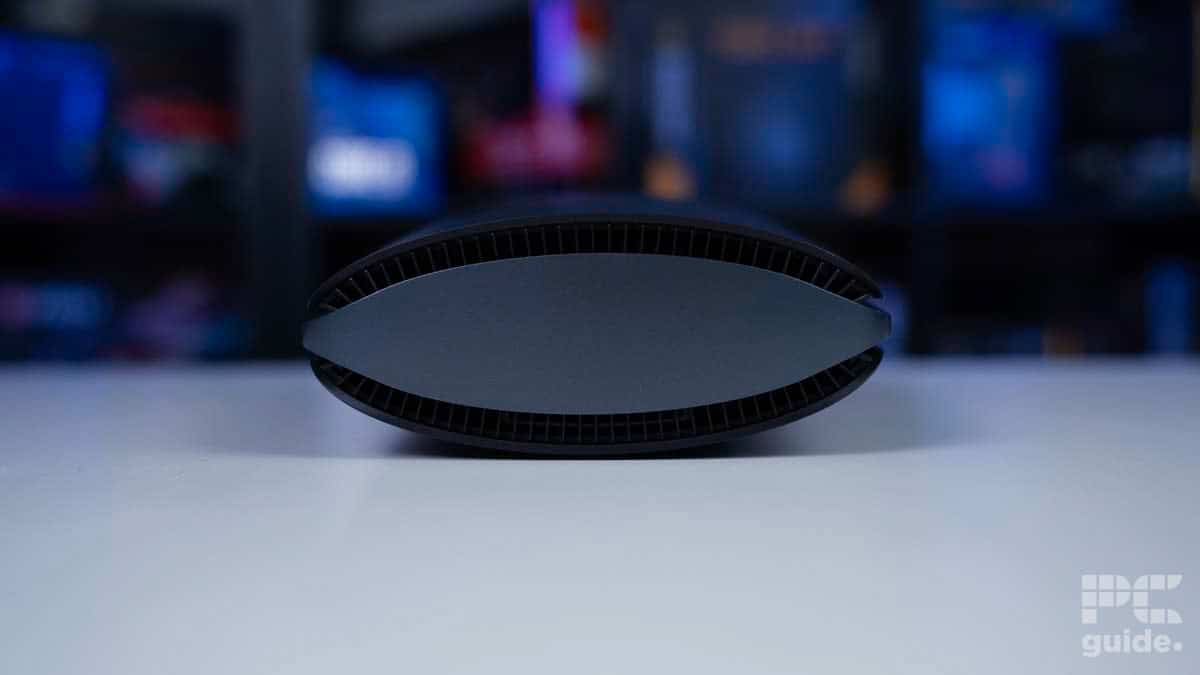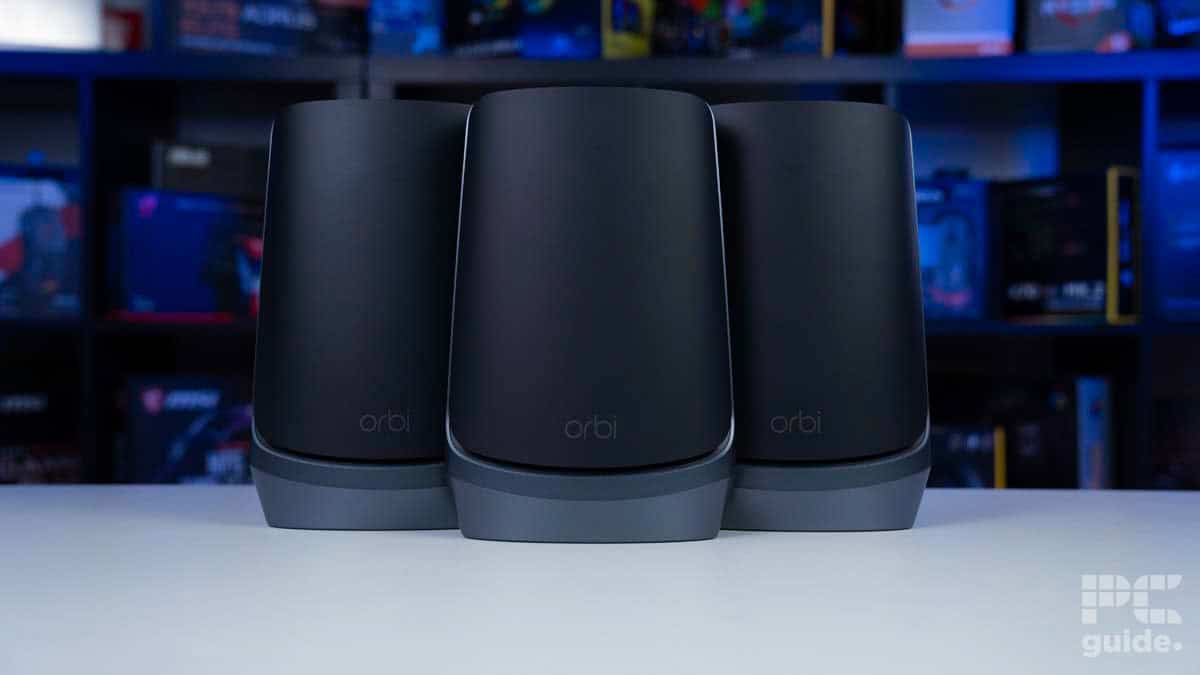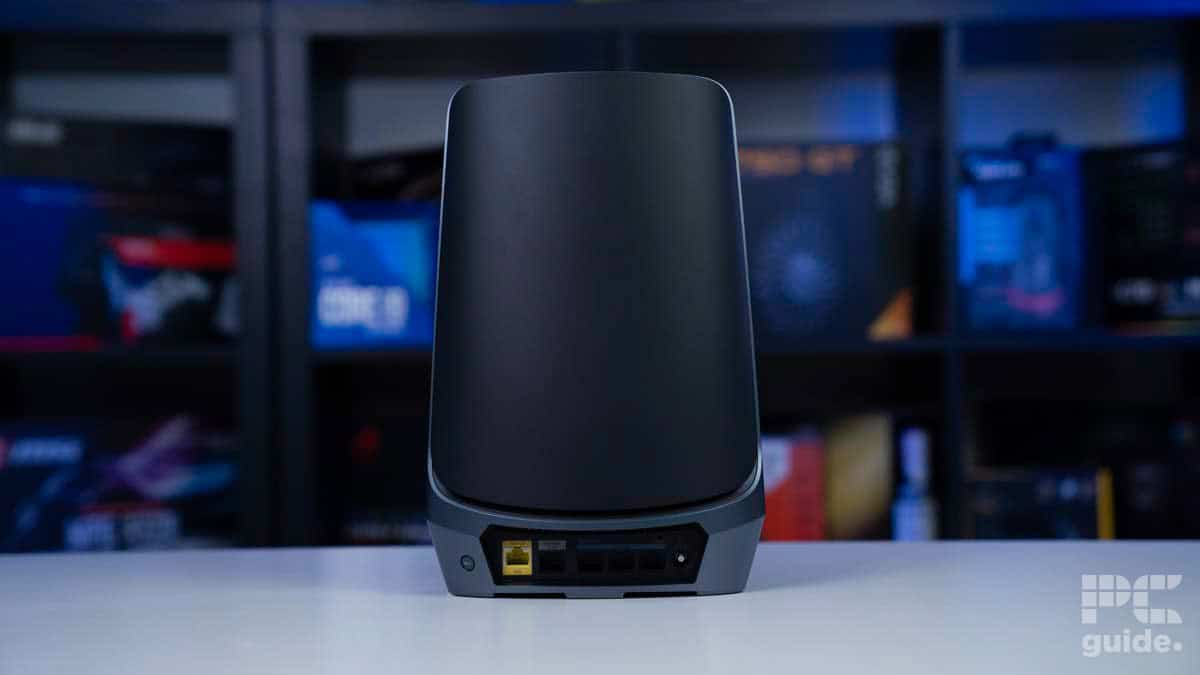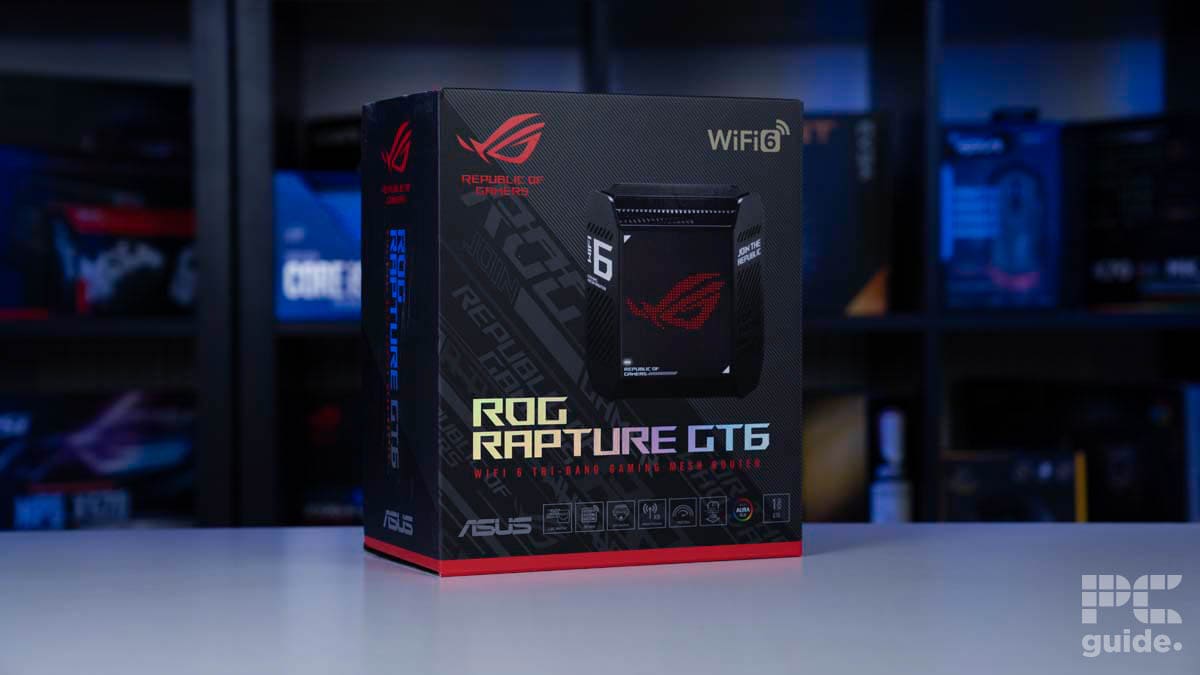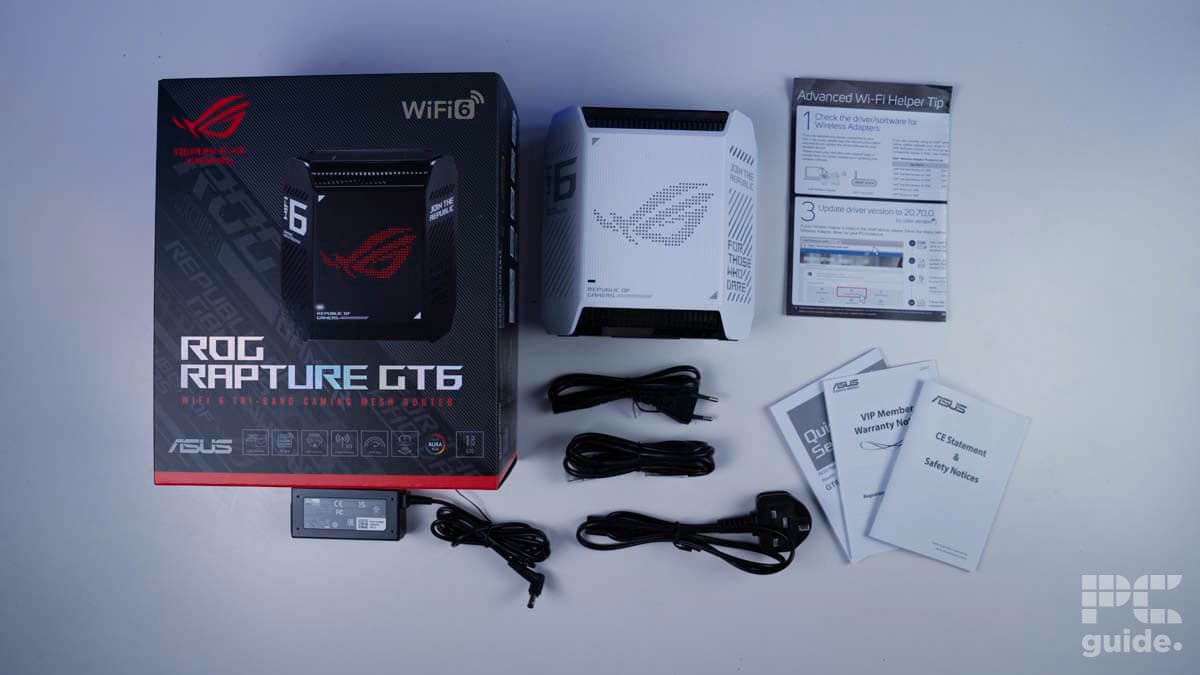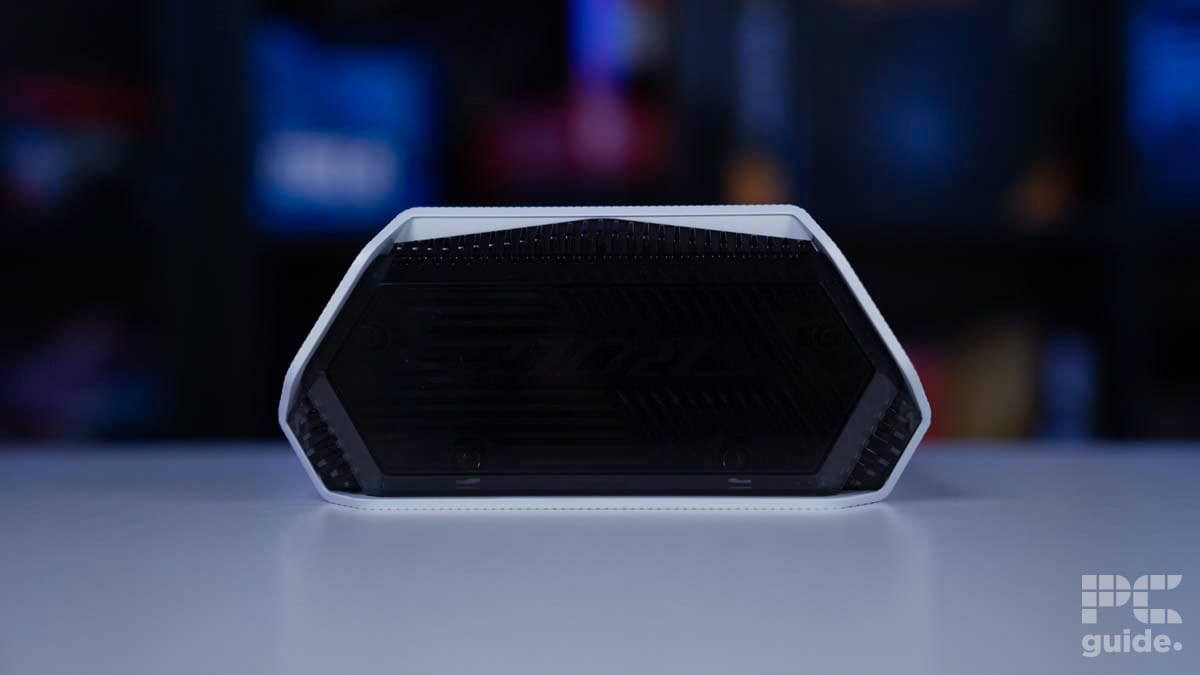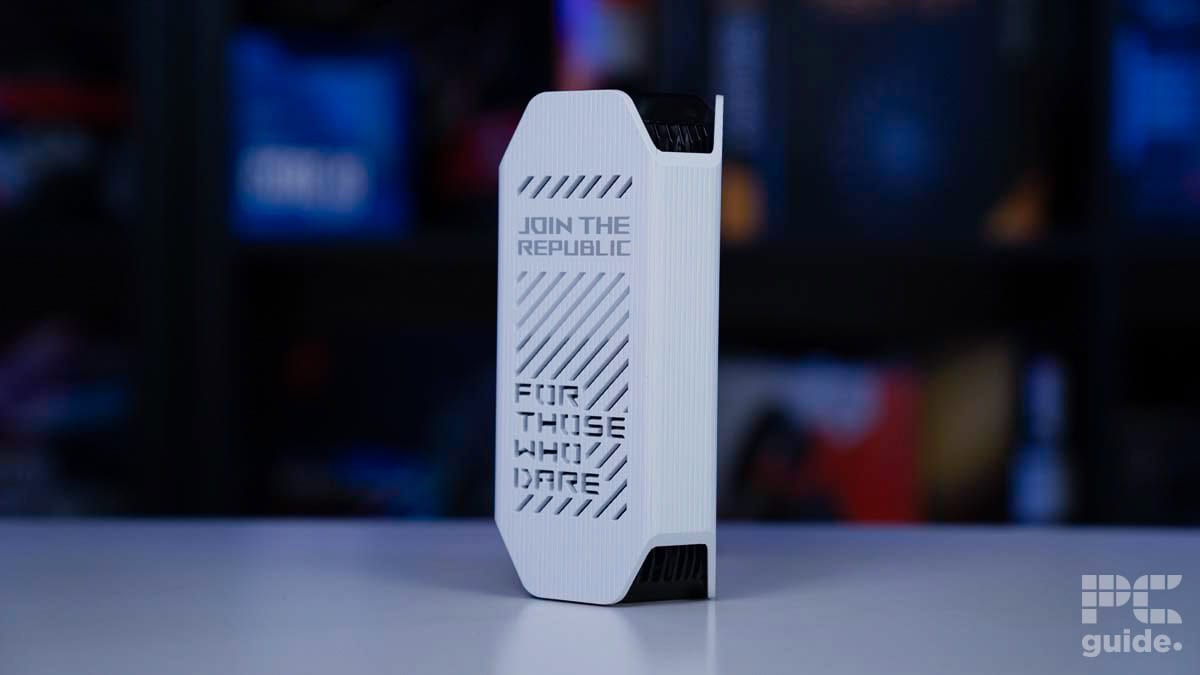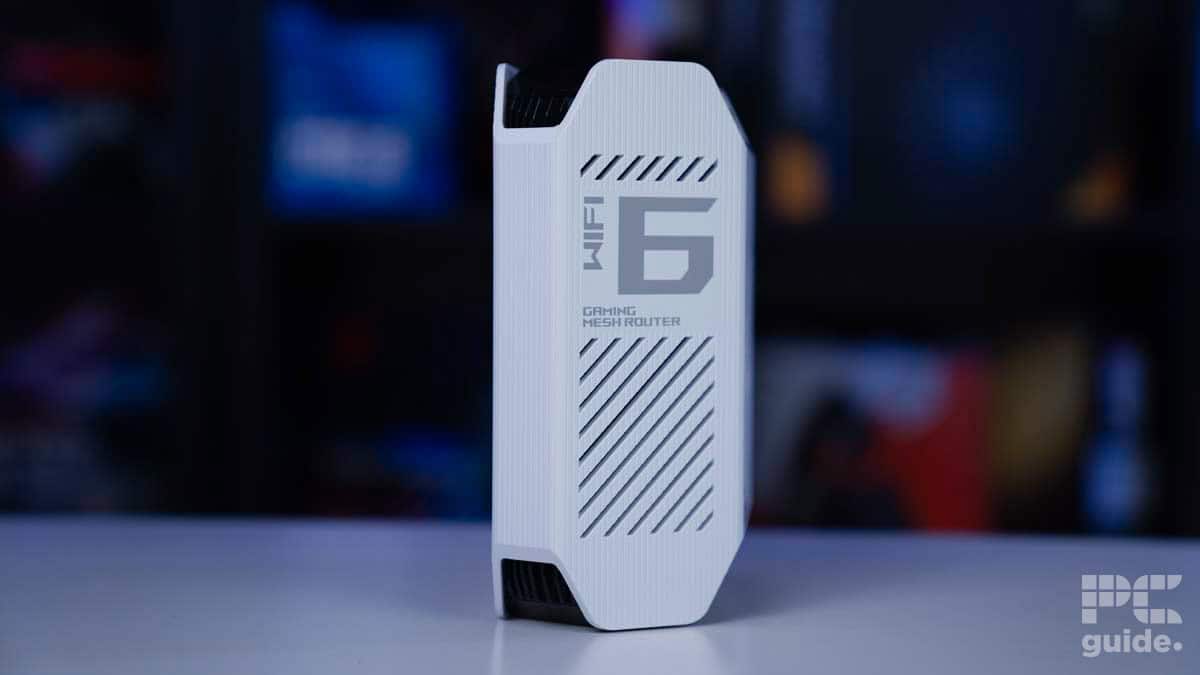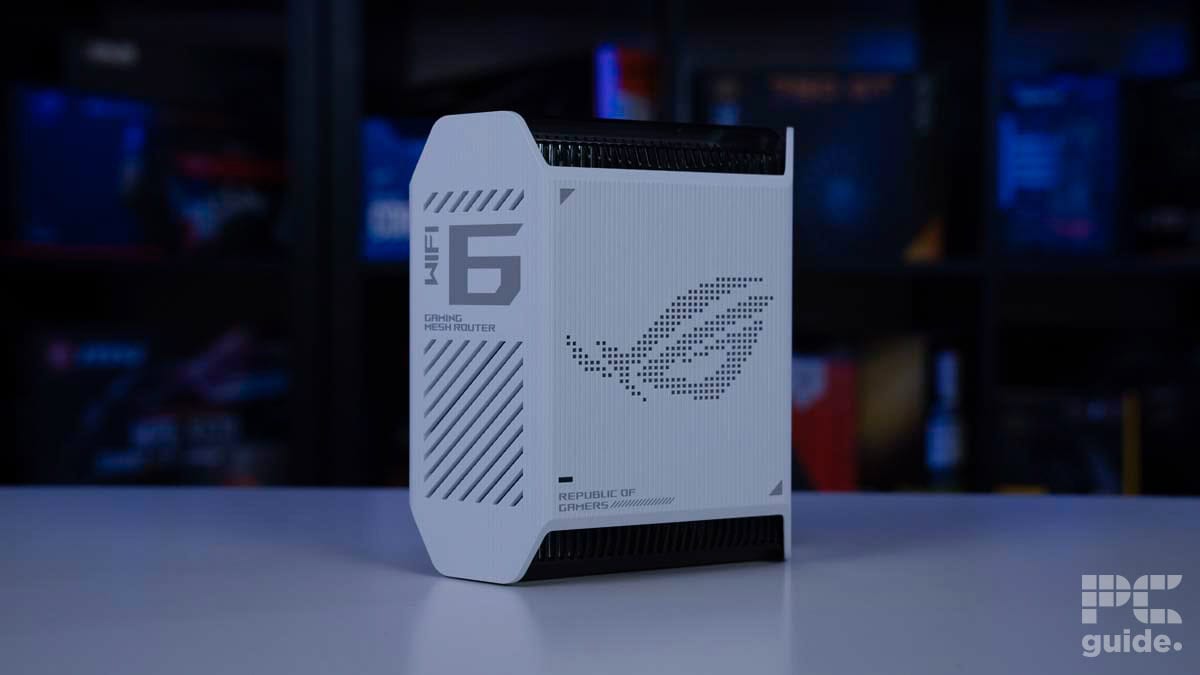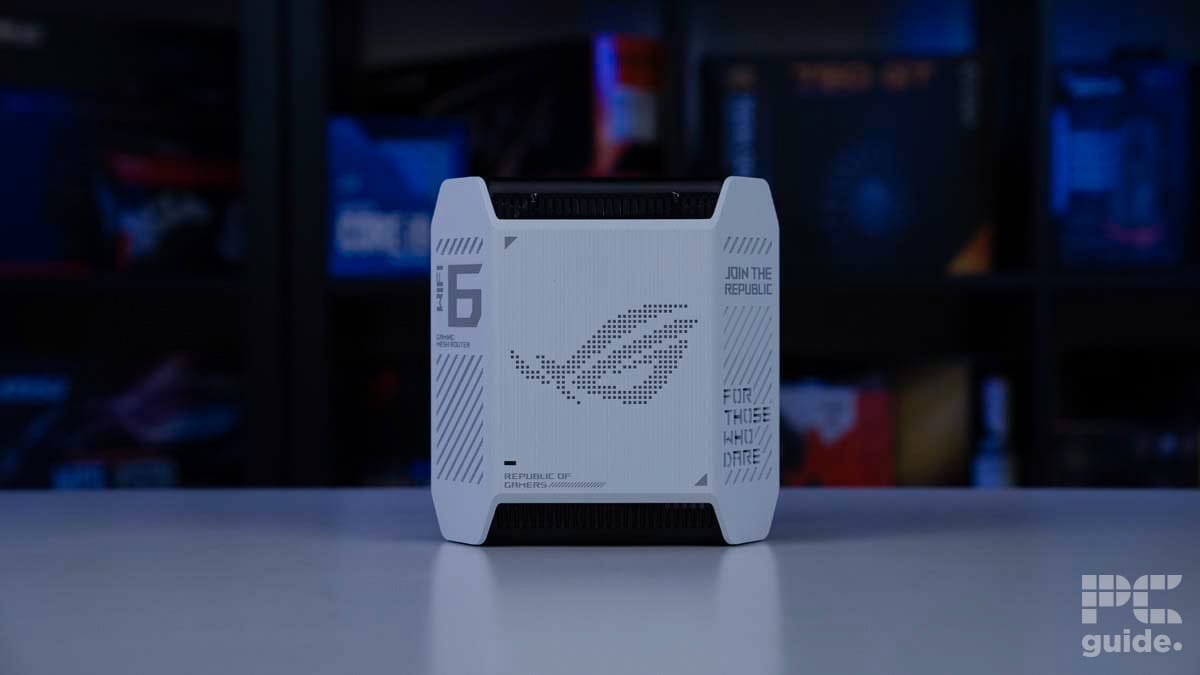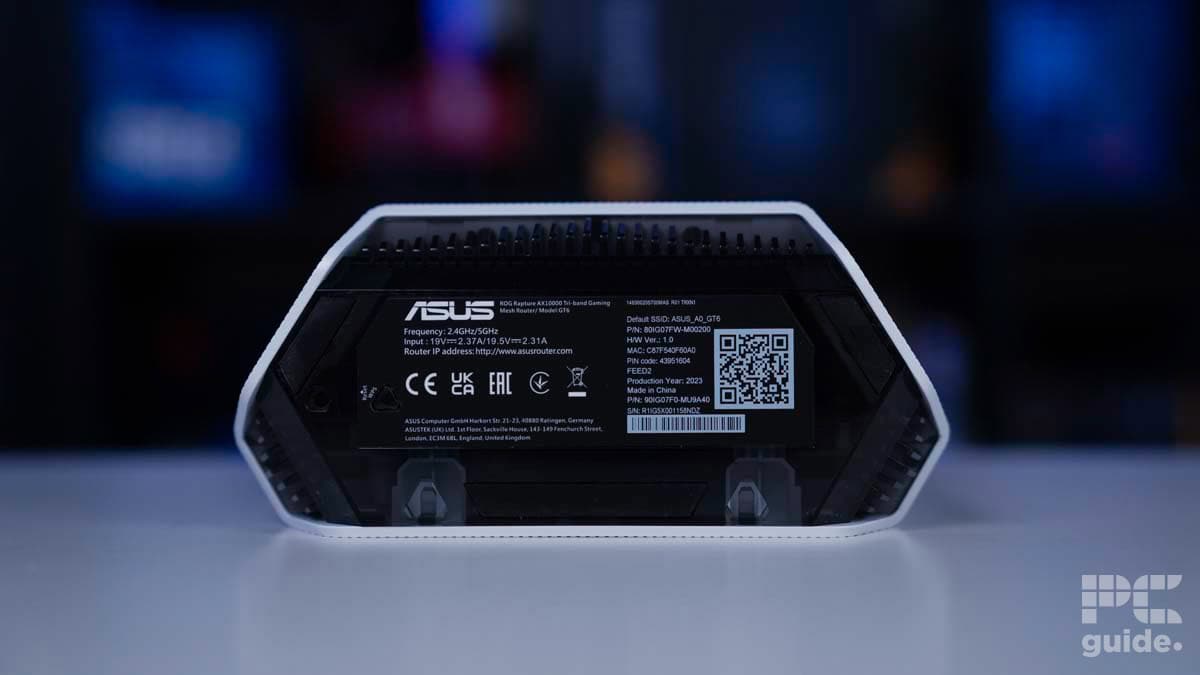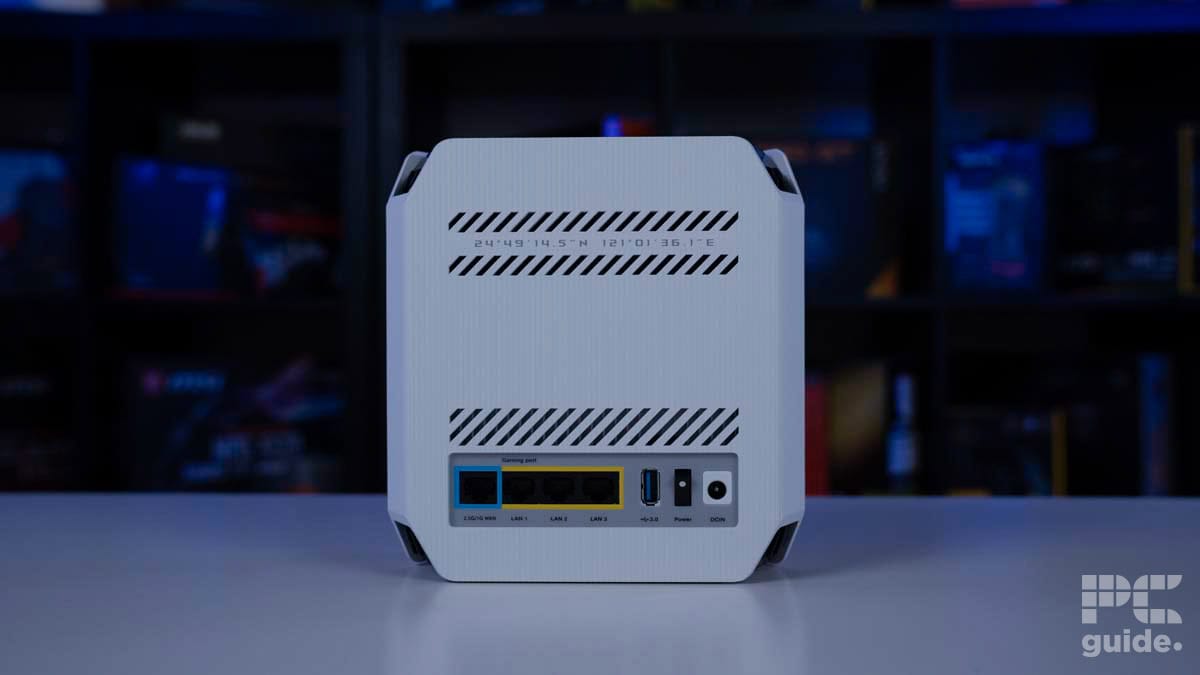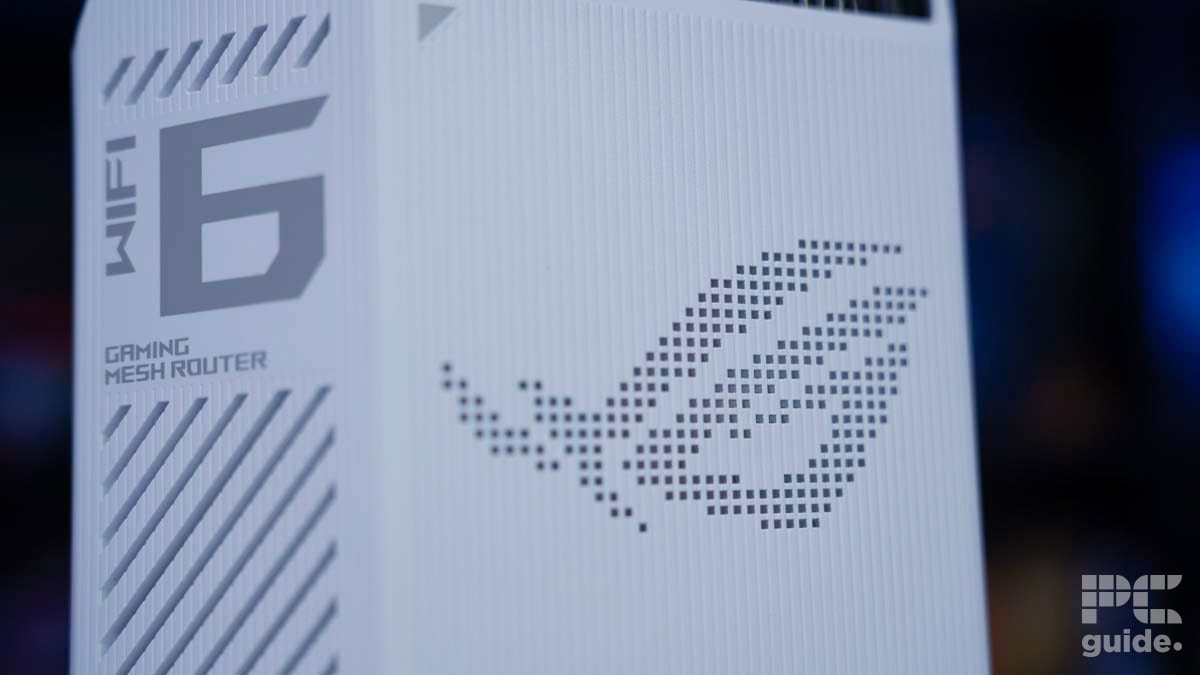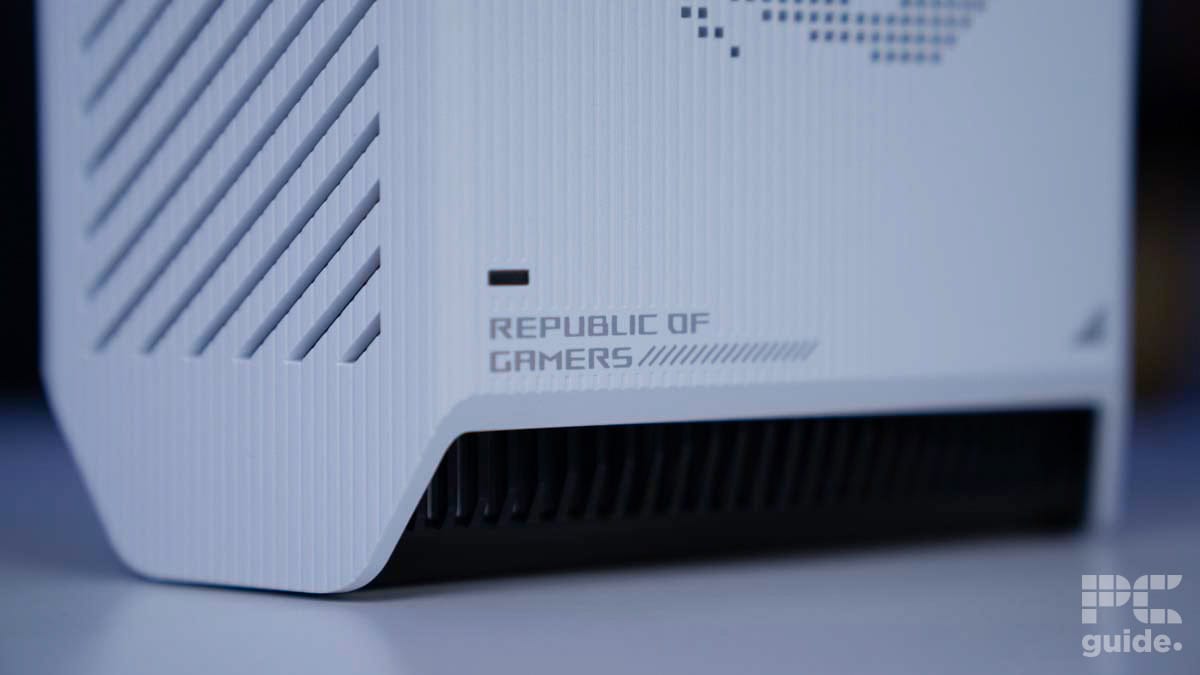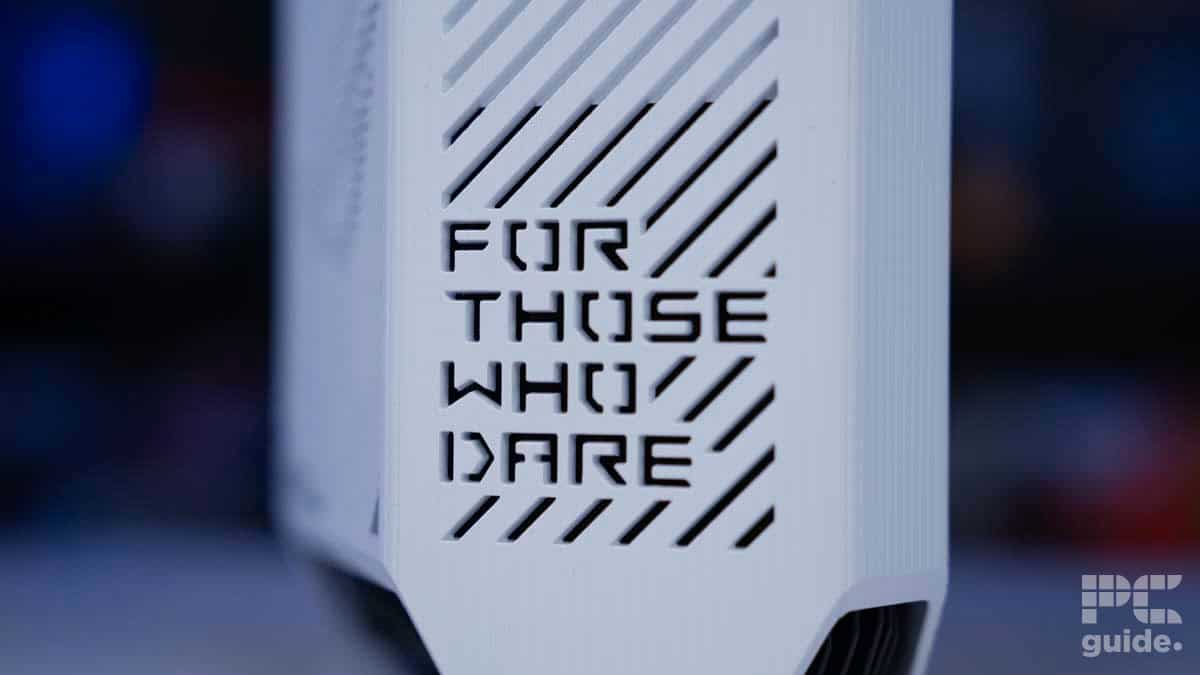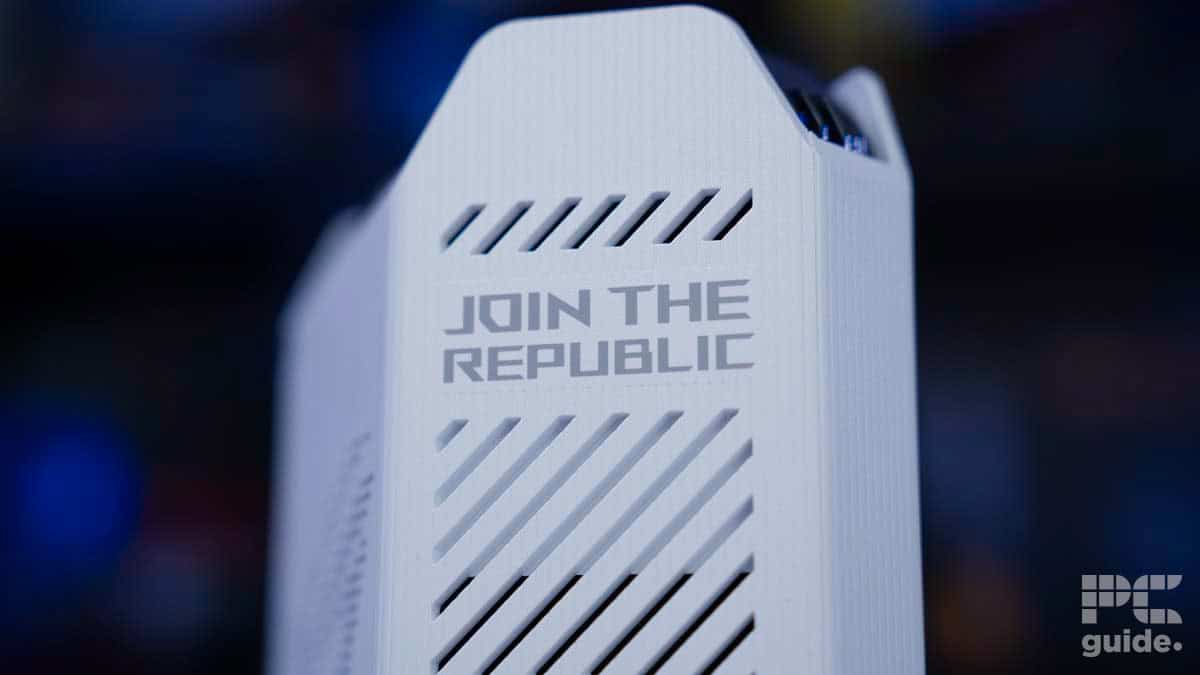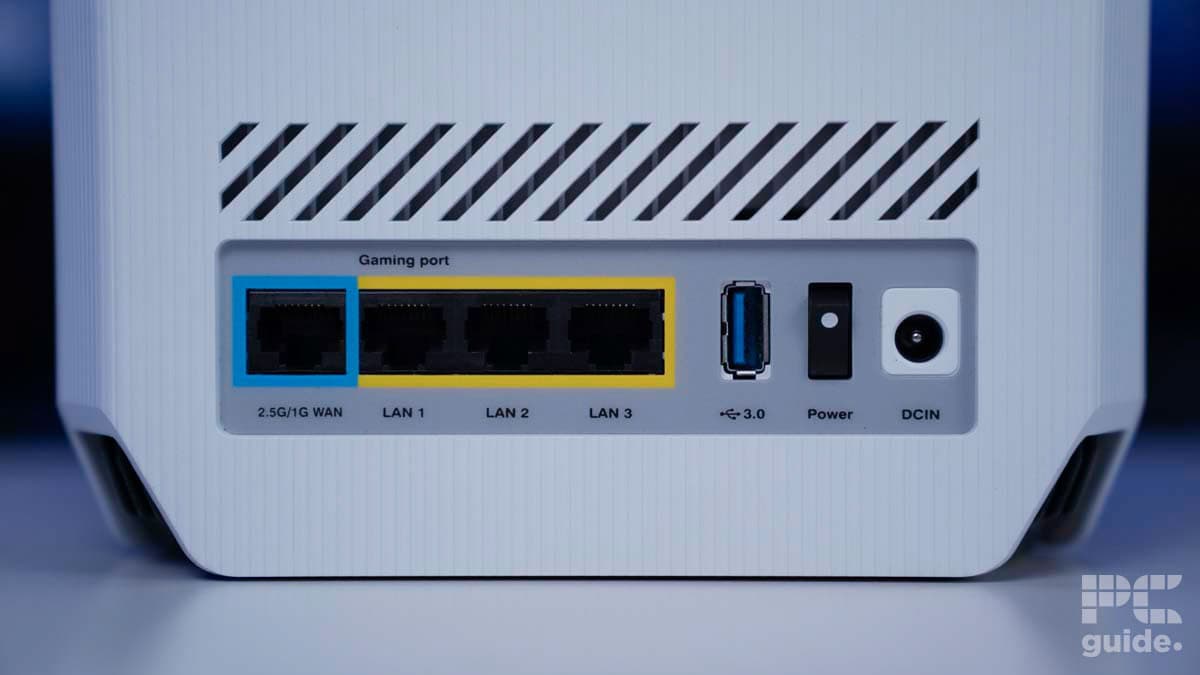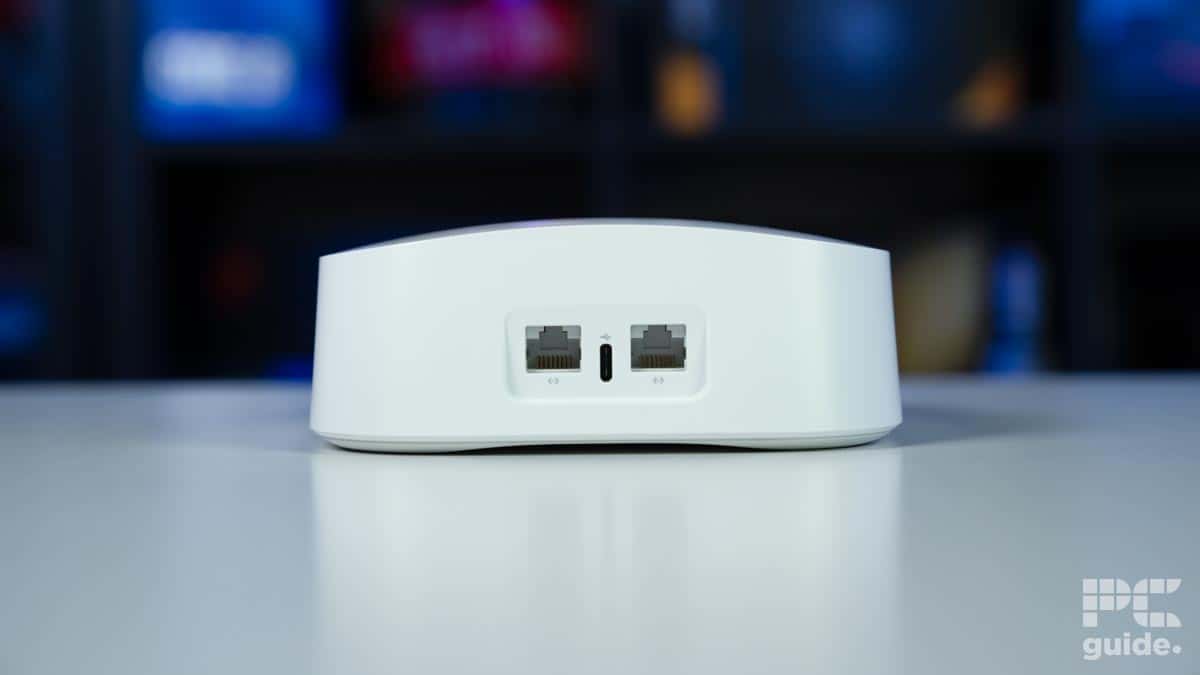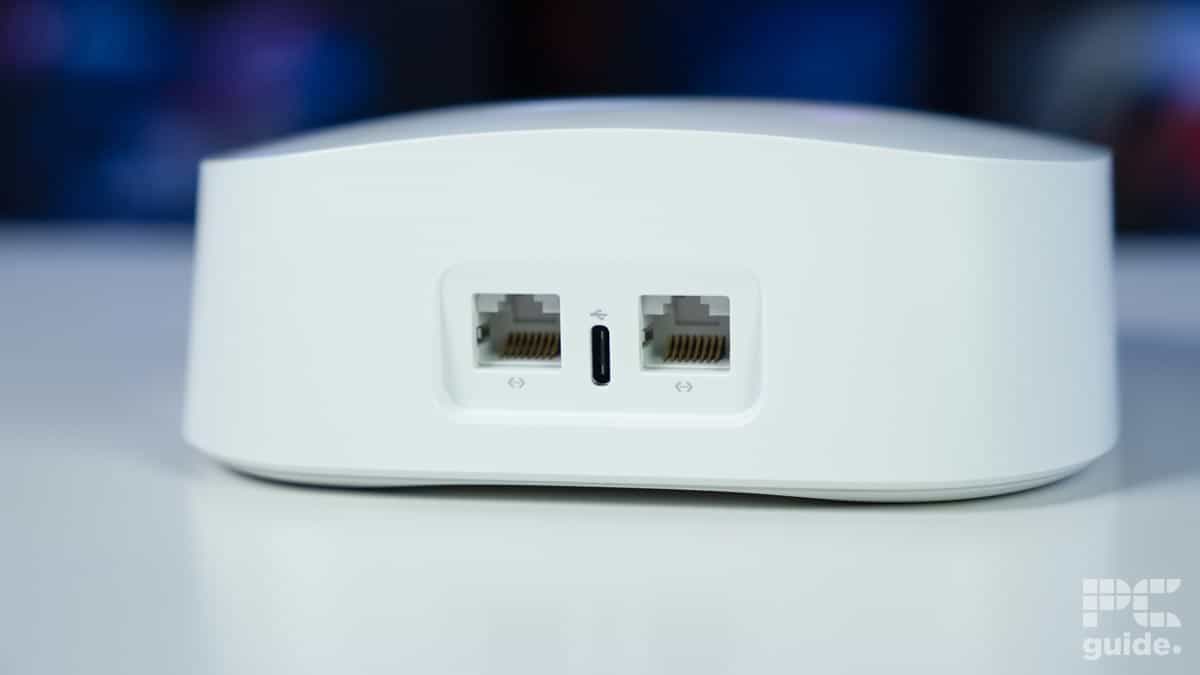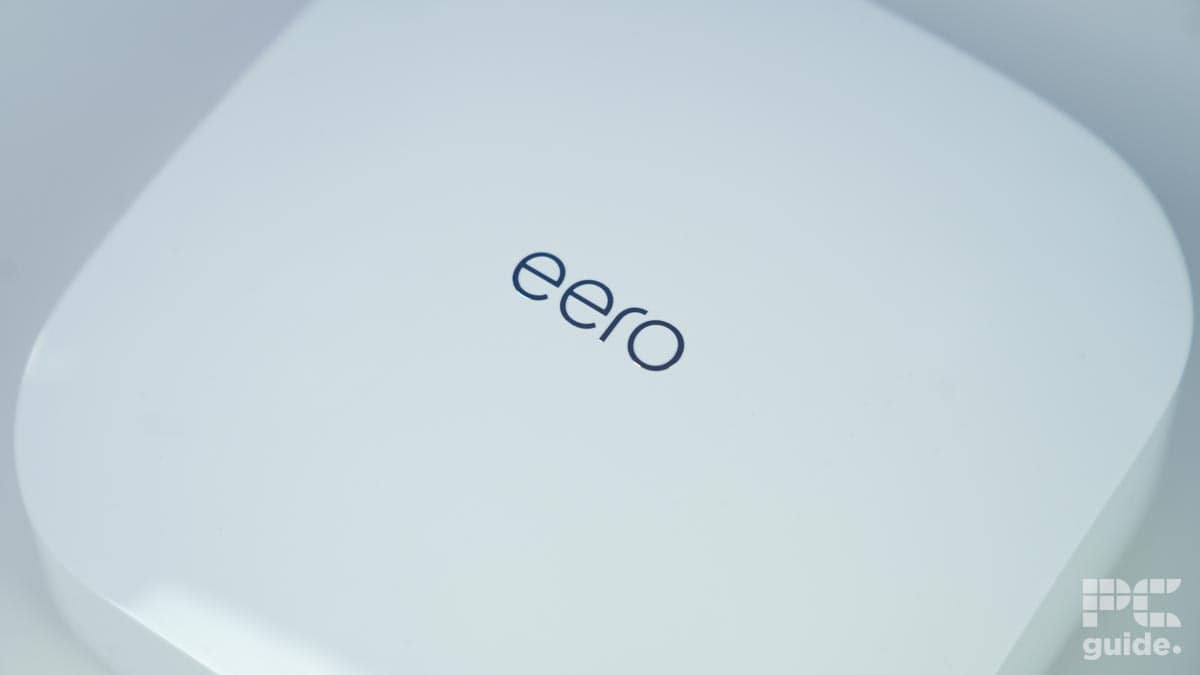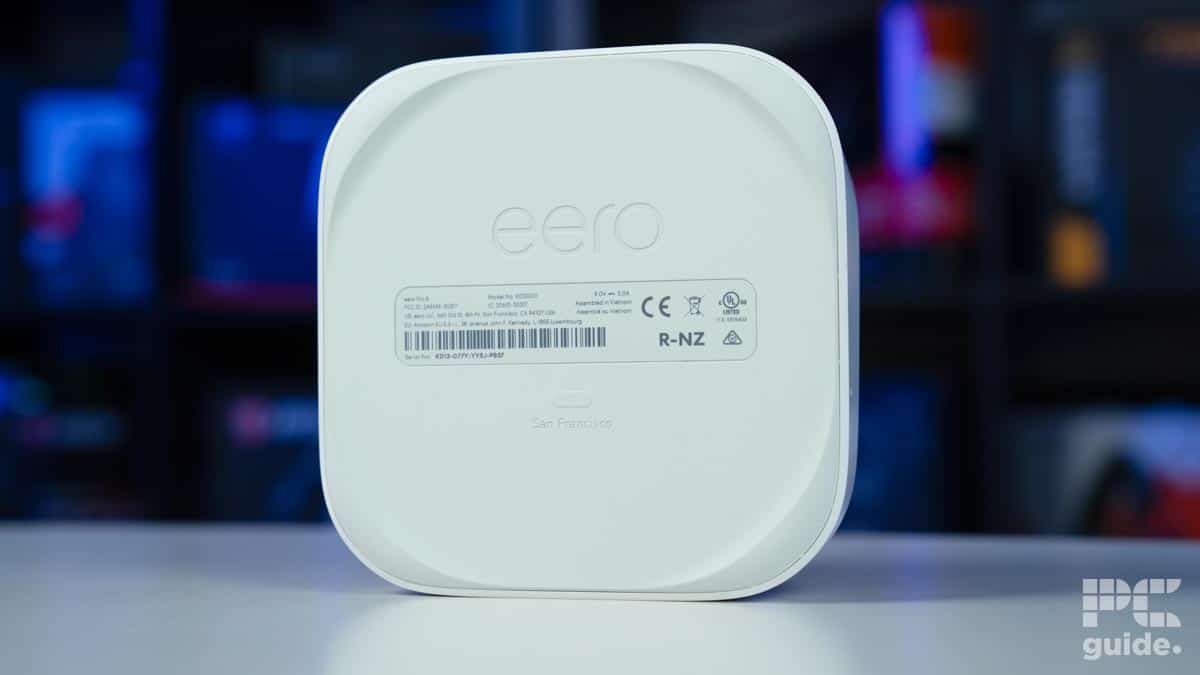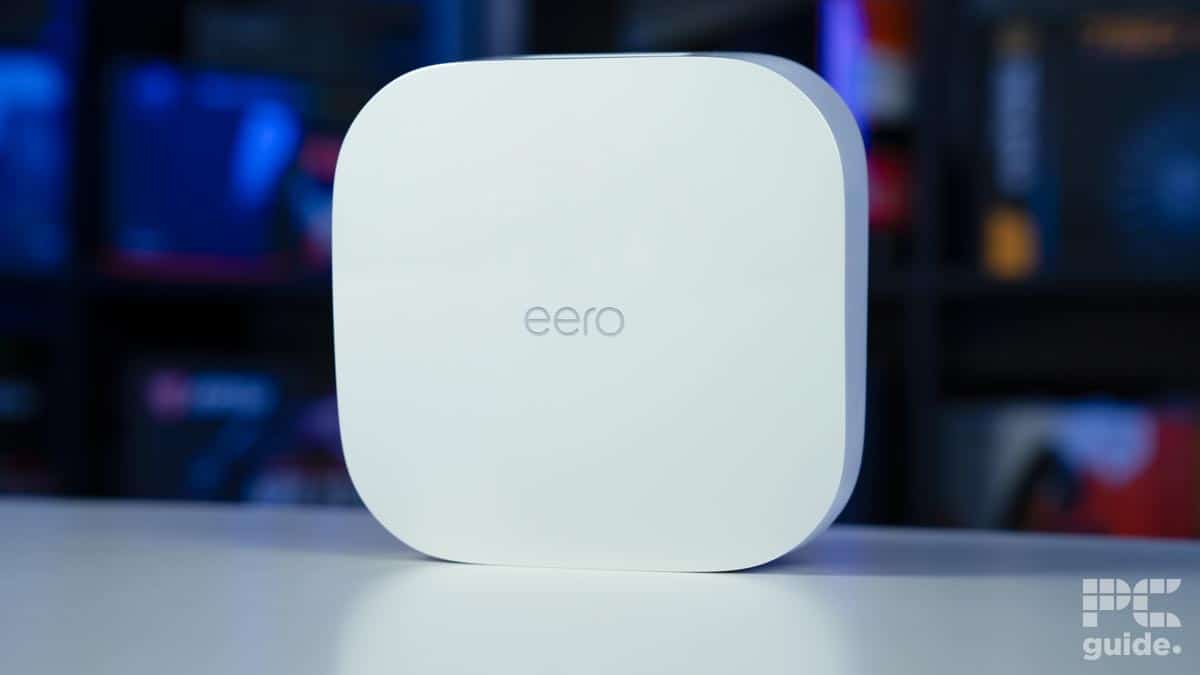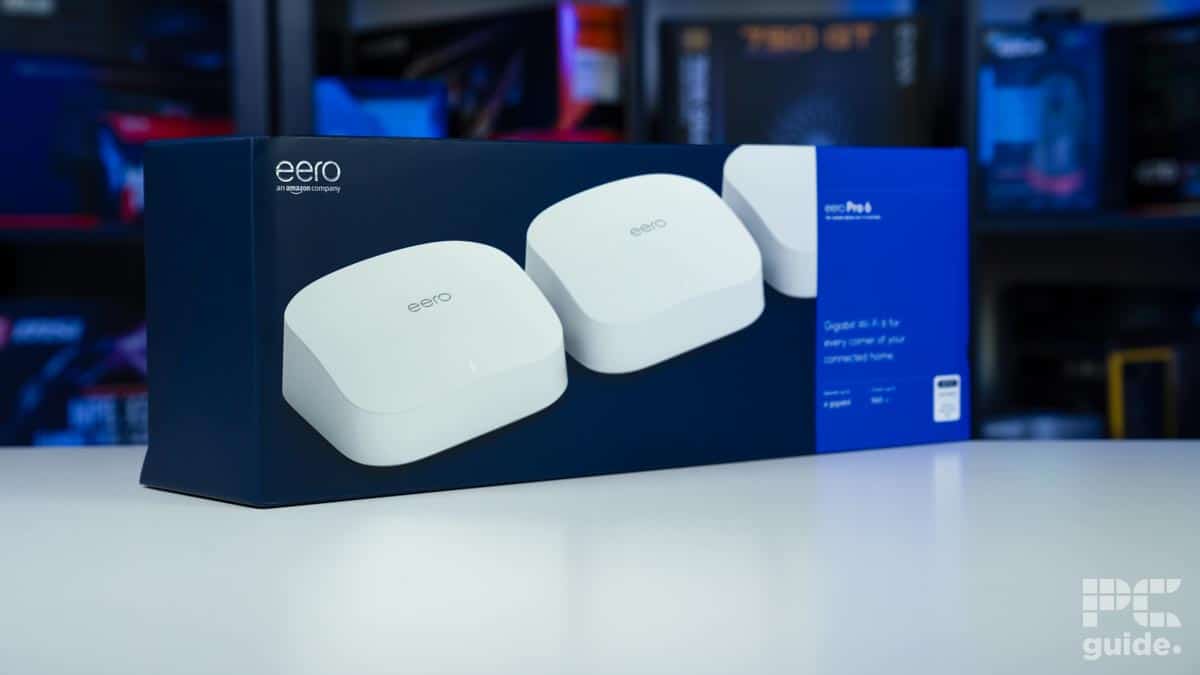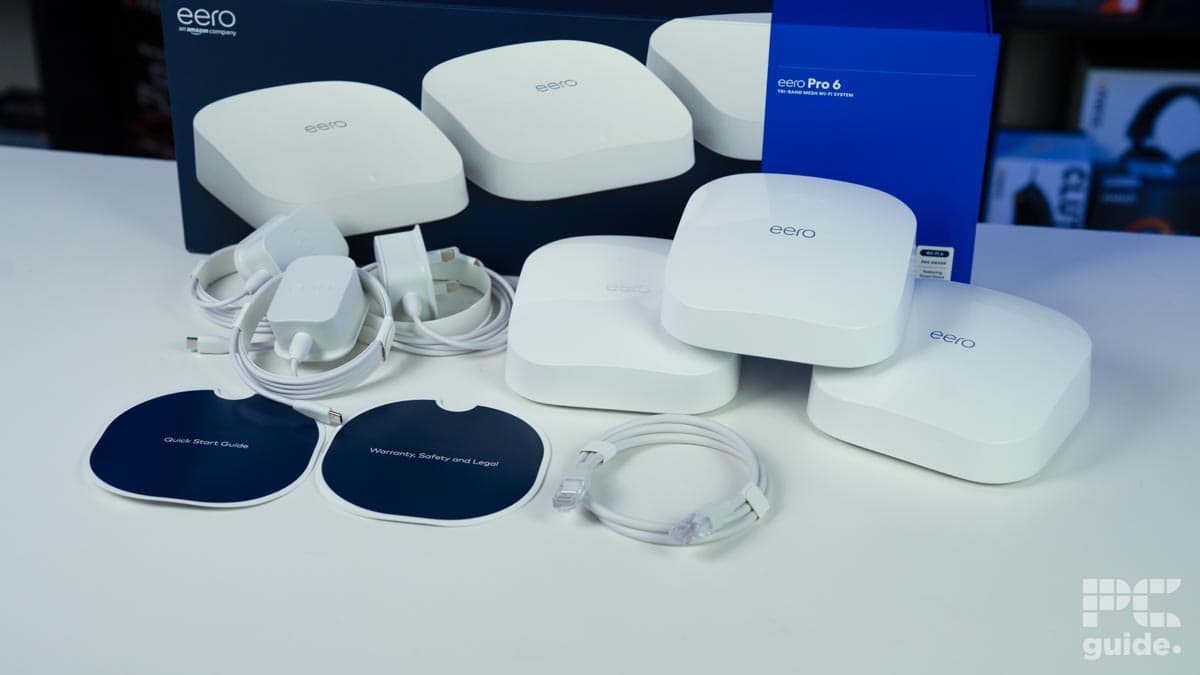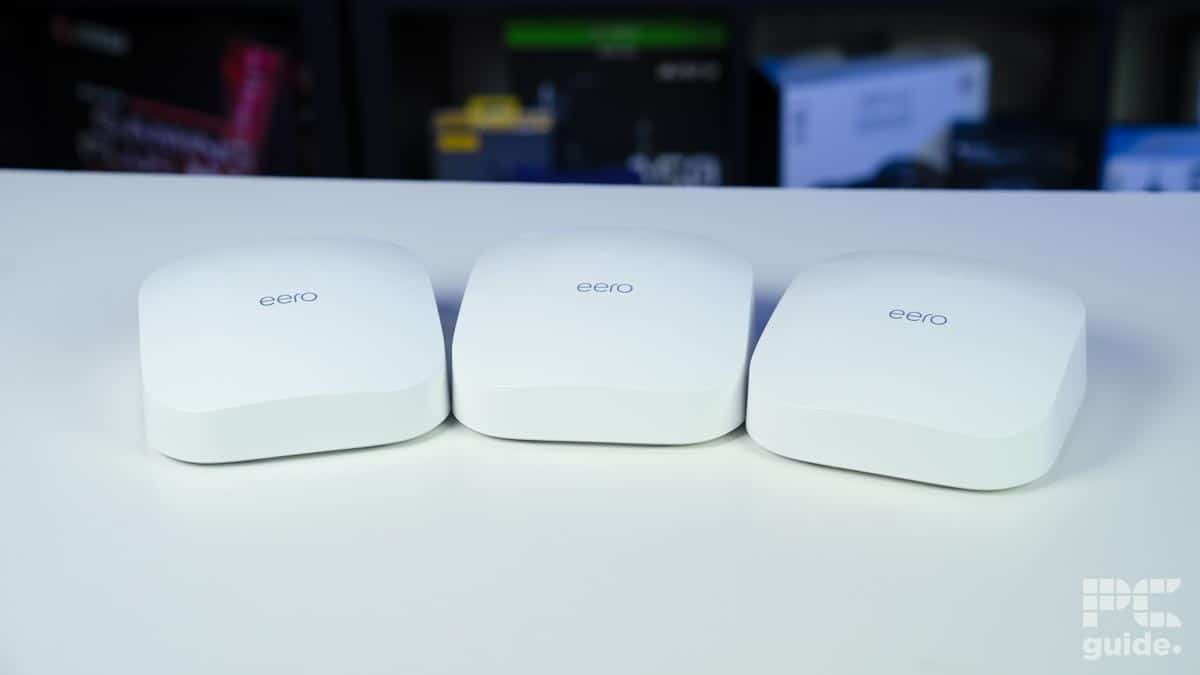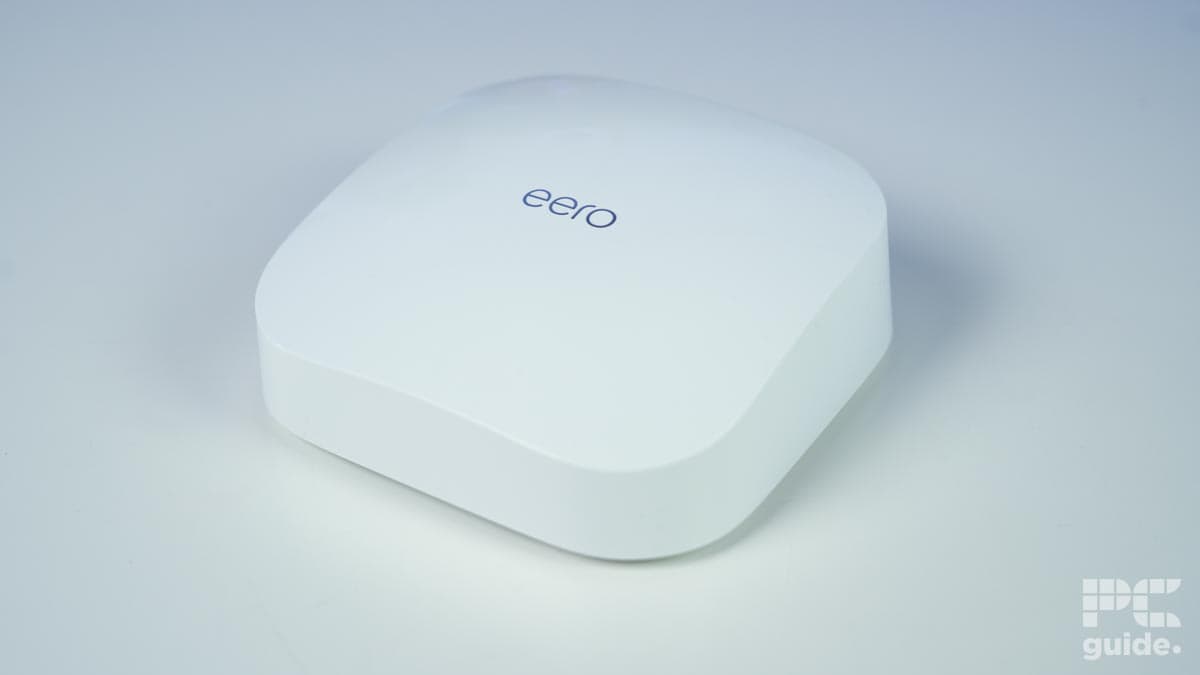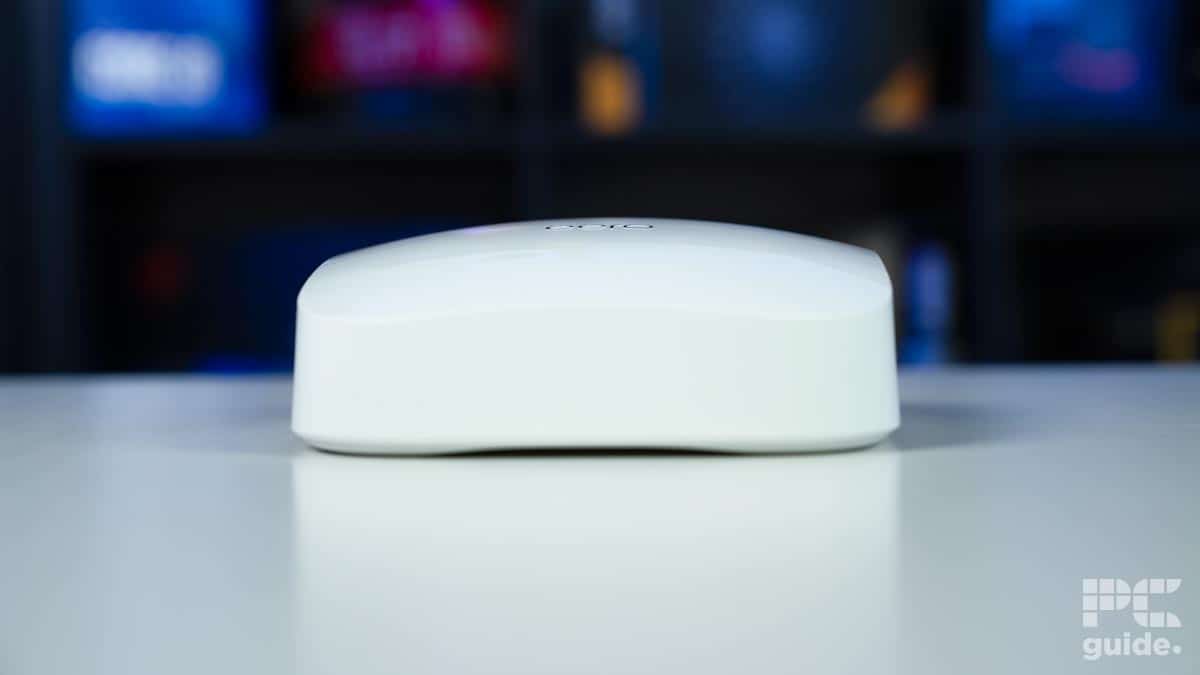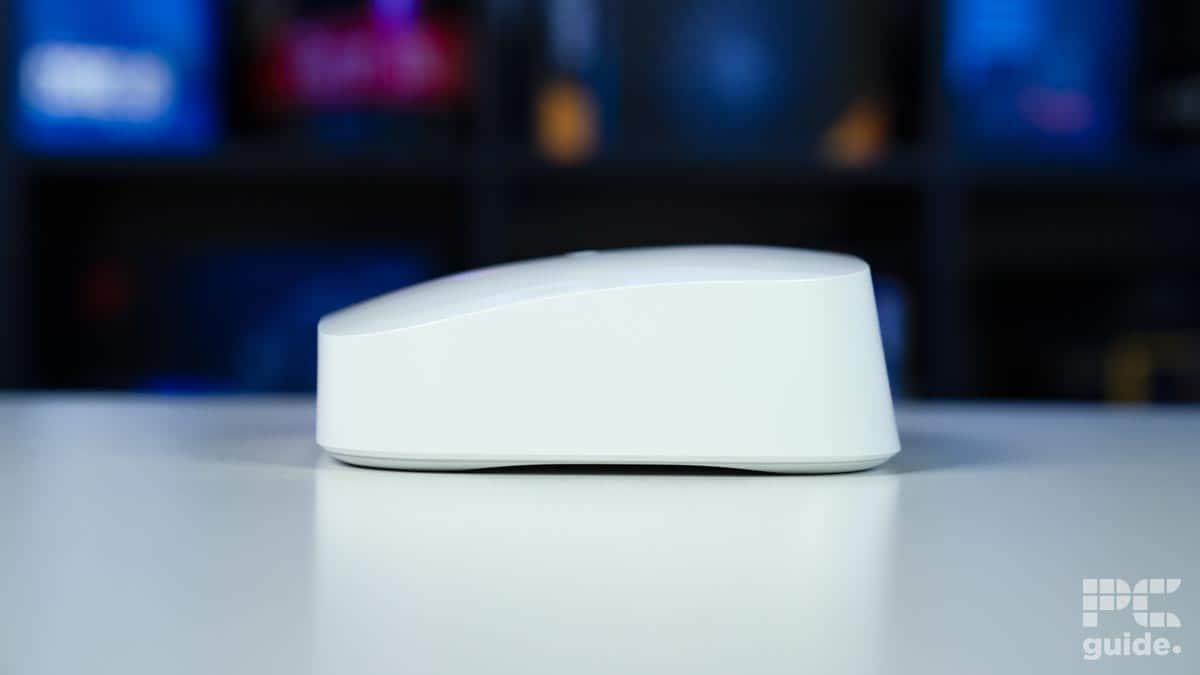Best mesh routers in 2025 – our top picks
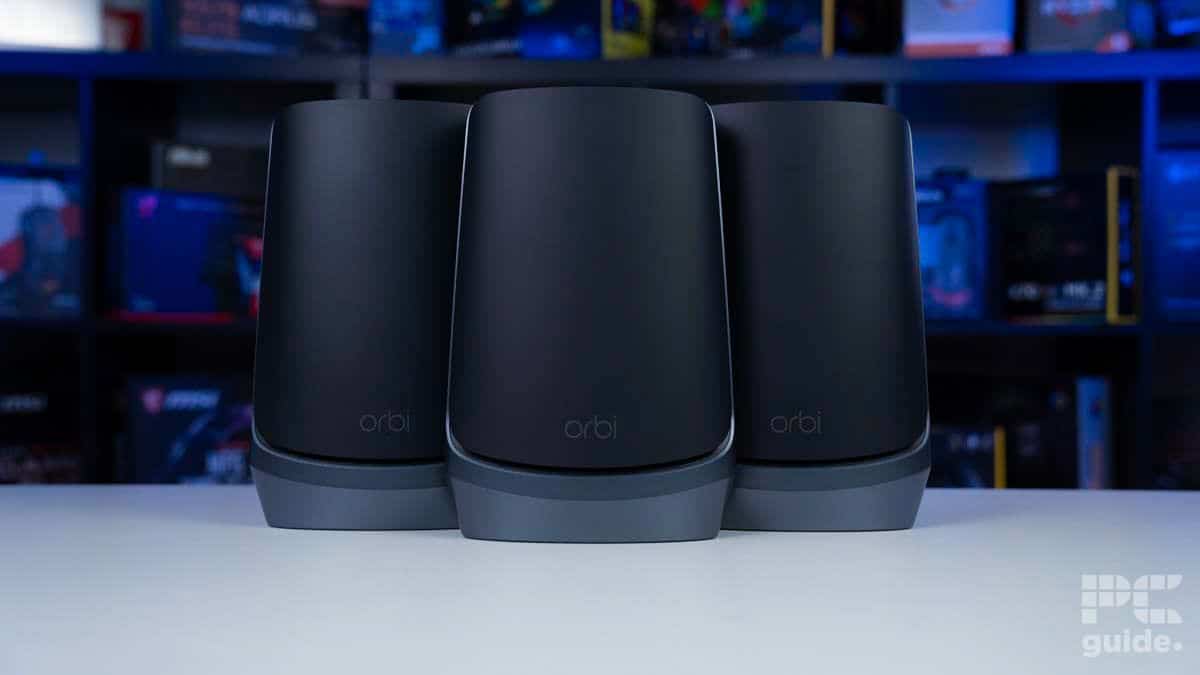
Table of Contents
Mesh routers are designed to provide your entire home with a strong, consistent WiFi signal, and some are particularly adept at handling the challenge of thick walls. While some routers alone can offer coverage of up to 3,500 sq. ft, their nodes can double or triple this range. On top of that, some of them come with technologies that can improve signal strength and coverage.
These days, you can find mesh routers in the market that come with the latest WiFi 6 and WiFi 6E technology. On top of that, most of the routers you'll come across will be either dual-band or tri-band. There are even some quad-band mesh routers, but these come with a hefty price tag.
So, we’ve selected a couple of mesh routers based on their price, range, WiFi standard, and the performance they showcased during our in-house testing. This gives us a clear image of their real-world performance and enables us to only recommend the best of the best.
-
Best mesh router overall
Netgear Orbi RBKE963B WiFi 6E Mesh Black
- Standard: WiFi 6E
- Frequency Bands: 2.4GHz, 2x 5GHz, 6GHz
- Max Speed: 10.8Gbps
- LAN Ports: 1x 2.5Gbps, 3x 1Gbps (Router & Satellites)
-
Best mesh router for thick walls
ASUS ROG Rapture GT6 – 1 Pack, White
- Standard: WiFi 6
- Frequency Bands: 2.4GHz, 5GHz x2
- Max Speed: 10Gbps
- LAN Ports: 3x 1Gbps
-
Best budget mesh router for thick walls
Amazon Eero Pro 6
- Standard: WiFi 6
- Frequency band: 2.4GHz, 5GHz
- Max speed: 4200Mbps
- LAN ports: 2 x 1 Gbps
How we picked
To identify the best mesh routers, we prioritized ones with powerful antennas and signal-boosting features. We looked for those wielding the latest WiFi standards and worked to find a variety of options available while keeping factors such as range, features, and price in mind. On top of our own research, we factored in real-world user experiences.
However, we don’t solely rely on the specifications of the router or the reviews we read about them on the web. Instead, we conduct in-house testing to check if the product is as good as its manufacturer promises it to be. From signal strength to speeds, we test everything. You can learn more about the process through our How We Test Routers guide.
Our top picks


- Standard: WiFi 6E
- Frequency Bands: 2.4GHz, 2x 5GHz, 6GHz
- Max Speed: 10.8Gbps
- LAN Ports: 1x 2.5Gbps, 3x 1Gbps (Router & Satellites)
- WAN: 1x 10Gbps (Router)
- CPU: Quad-Core 2.2GHz (Router & Satellites)
- Memory: 512MB NAND Flash and 1GB RAM (Router & Satellites)
- USB: None
- Dimensions: 279.4 x 190.5 x 76.2mm (11 x 7.5 x 3in)
- Weight: 1.36kg (3.0lbs)
- Offers great coverage and wall penetration
- Comes with quad-band functionality
- Supports speeds of up to 10.8 Gbps
- It comes with a hefty price tag
- Nodes are expensive
- Lack of USB port
- Overkill if not used with a high-speed connection
If you're looking for a premium mesh router that ticks all the boxes, then you'd want to check out the NETGEAR Orbi RBKE963B. In our review, we found that it offers incredible coverage and performance, so you won't be disappointed with your purchase.
To begin with, it supports the WiFi 6E standard and offers speeds of up to 10.8 Gbps. This makes it an ideal choice for a high-speed internet connection. On top of that, another feature that makes the Orbi RBKE963B worth buying is that it can connect with up to 200 devices at the same time. This is all thanks to the 2.2 GHz quad-core processor and 1 GB RAM, which ensure that the router operates smoothly under load.
The router boasts quad-band functionality. This translates to a single 2.4 GHz band, a dual 5 GHz band, and a single 6 GHz band. 2.4 GHz is ideal for range, while 6 GHz delivers the most speed. So, it will be better to keep it for tasks that require a lot of bandwidth. As for the 5 GHz band, it can be used for guests or IoT devices.
As far as connectivity is concerned, there is a single 2.5G port and three 1G ports at the back of the main router and each satellite. These can be used to connect your devices, such as your PC or console, directly to the router using an Ethernet cable for a smoother connection.
When it comes to range, each node can cover an area of up to 3,000 sq. ft. The pack we reviewed comes with the primary router and two satellites. In total, they provide coverage of up to 9,000 sq. ft. This will be more than enough for large houses or offices.
The NETGEAR Orbi RBKE963B also does not disappoint when it comes to performance. After all, you are paying a premium price for it. In our tests, we found that the 2.4 GHz band provided the best performance among the three bands, and the 12 antennas inside the router helped the signals reach the furthest corners of our offices through all the walls. At 2.4GHz we got between -41dBM and -70dBm, with 5GHz getting between -48 and -89dBm.
The RBKE963 mesh system is an incredible all-in-one mesh solution. For those needing to cover a lot of area without dropping signal, it's a strong choice if you can afford it.
PC Guide
During the speed test, the physical download speed for the 2.4 GHz band ranged from 229 to 8 Mbps. The speed kept dropping with each wall. On the other hand, the 5 GHz band delivered a max speed of 1080 Mbps, and the lowest we recorded was 25 Mbps. However, for the most part, the speed stayed high.
As for wireless network speeds, 2.4 GHz delivered speeds between 65.3 and 35.5 Mbps. The 5 GHz band, on the other hand, managed to deliver speeds between 227 Mbps and 83.9 Mbps.
Overall, we found that the NETGEAR Orbi RBKE963B is easily one of the best mesh routers. Its signals can penetrate through walls easily, and they should reach every corner of your house without a problem. The only downside is the big price tag, but this is what you'd already expect from a high-end router.
What users say
On Amazon, the router has an overall positive rating, and most users are happy with their purchase. One reviewer mentioned: “The mesh system, the coverage and speed are insane. If you have a big house or concrete wall house, this will be your only solution.”

- Standard: WiFi 6
- Frequency Bands: 2.4GHz, 5GHz x2
- Max Speed: 10Gbps
- LAN Ports: 3x 1Gbps
- WAN: 1x 2.5Gbps
- CPU: 1.7GHz tri-core
- Memory: 256MB Flash, 512MB DDR4 RAM
- USB: 1x 3.2Gen A-type
- Dimensions: 172.3 x 78.1 x 176.75 mm
- Weight: 880g
- Signals can penetrate through walls
- Excellent performance in our tests
- Comes with a multi-gig LAN port
- You’ll need to buy an extra node to increase the range
- Lack of WiFi 6E
- Design may not be suitable for a professional setting
If you want to enjoy those long gaming sessions without any network interruptions, then you'd want to get the ROG Rapture GT6. In our in-depth review of it, we found that the GT6 offers great wall penetration and signal strength.
For starters, the Rapture GT6 offers WiFi 6, so it’s compatible with most devices. On top of that, it comes packed with a 1.7 GHz tri-core processor and 512 MB of DDR4 RAM. Thanks to this, you won't have to worry about facing any network issues, even when multiple devices are connected to the router.
Unlike the model listed above, the Rapture GT6 features a tri-band functionality—one 2.4 GHz band and two 5 GHz bands. As for the range, it can provide coverage of up to 2,900 sq. ft. Nine antennas are installed inside the router, which will help throw the signals to every corner of the house and eliminate dead zones.
To make things even better, the router also supports ASUS's RangeBoost Plus technology, which helps improve the coverage and WiFi performance. If you want to increase the range, you can add an extender. This will double the range and take it up to 5,800 sq. ft.
For connectivity, the GT6 offers a 2.5G WAN port for the internet and three 1G ports for Ethernet connectivity. On top of that, there's also a USB 3.2 type A port, which you can use to connect your external storage devices directly to the router.
Now, coming down to the most important part: the performance. During our tests, both the 2.4 GHz and 5 GHz bands were able to connect to a phone that we placed 90ft away, and there were around 4 walls and 2 rooms between them. The router managed to achieve this without relying on any external antennas.
With the features available and ease of setup, it is a strong choice and recommendation from us.
PC Guide
Next, we tested the physical network speeds, where the 2.4 GHz band delivered speeds between 172 and 8 Mbps depending on the distance, while the 5 GHz band topped at 1080 Mbps but dropped down to 48 Mbps at the farthest.
As for wireless network speeds, they were between 59.4 and 0 Mbps for the 2.4 GHz, while the 5 GHz band stayed between 213 Mbps and 51.8 Mbps.
Overall, our tests confirmed that the ROG Rapture GT6's signals can penetrate through walls, and it is a solid choice for large homes. If the range offered by it is not enough, you can just throw in another extender.
What users say
The ROG Rapture GT6 has mostly positive reviews on Amazon. One reviewer mentioned: “Best router I’ve ever owned, very fast, handles attached storage well, incredible coverage. And the ability to turn the LED off is an added bonus.”
- Standard: WiFi 6
- Frequency band: 2.4GHz, 5GHz
- Max speed: 4200Mbps
- LAN ports: 2 x 1 Gbps
- WAN: Same as LAN
- CPU: 1.4 GHz quad-core processor
- Memory: 1024MB RAM, 4GB flash storage
- USB: N/A
- Dimensions: 139 x 139 x 52.6 mm (5.5 x 5.5 x 2.1 inch)
- Weight:
- Built-in Zigbee and Matter smart home hubs
- Expanding network mesh coverage easy to do
- Small and clean build and design to fit in nicely
- Lacks IoT and the ability to separate out channels
- Lots of features are locked behind a subscription paywall
For those operating on a budget but wanting to cover a large area or multiple floors, we recommend the Amazon Eero Pro 6. When we tested this router for our Amazon Eero Pro 6 review, it had excellent performance, giving it a good performance-to-value ratio.
This router works with the WiFi 6 standard, which means it can easily handle and disperse high-speed internet plans leading up to gigabit connections. It has a maximum speed of 4200 Mbps or 4.2 Gbps, so you can go above a gigabit internet plan if your ISP offers that.
The Amazon Eero Pro 6 is a simple and easy-to-use mesh router. With a good range out of even one, it is a good solution for coverage. Along with the ease of use of the app and the ability to use integrated Zigbee and Matter smart hubs it a great solution.
PC Guide
It is powered by a 1.4 GHz quad-core processor and 1 GB RAM, which should be more than enough to handle the networking protocols of various devices and the consequent traffic. It also features two 1Gbps LAN and WAN ports, so you can enjoy interruption-free internet via ethernet.
As for its performance, we could only test the 5GHz frequency which was able to connect all the way up to the 90ft mark which has two rooms and four between the device and the router. We saw a download speed of 260 to 2 Mbps while the uploads ranged from 288 to 0 Mbps.
Overall, this is a great mesh router; it covers 6,000 sq. ft., has good security features, and all that for a low price. However, some of the advanced features are only available if you get a subscription, which might be off-putting for some people.
What users say
According to Amazon reviews, the Amazon Eero Pro 6 has great coverage and performance, and it is easy to set up. One reviewer said: “I have been streaming videos on my phone while walking across the house, and it was a breeze; no lags or buffering at all! Even from areas where I had given up like the garage or the backyard deck -remember the walls of concrete blocks barriers”
Considerations for the best mesh routers
As the market is filled with mesh routers, it can be tricky to choose the right one. You don't want to end up with a router that looks good on the outside but is upsetting when it comes to performance. To help you out, we've listed a few points to keep in mind while searching for the best mesh router.
Coverage area
If you're getting a mesh router for a small house or office, you'll be fine with one that offers a range of up to 2,500 sqft. But for large homes or offices, especially the ones with multiple floors, make sure to go with a router that comes with at least two or three extenders and offers a range of up to 6,000 sqft.
Price
Mesh networks are modular, meaning they consist of several units. The extra hardware can often be very expensive. Whilst there are more affordable mesh options out there, it's important to note that wider signal coverage results in a more expensive network setup.
Design
Mesh Wifi involves having several points of access. Having several bulky routers around your house may not be ideal. A basic, minimal design that can blend into furniture easily may, therefore, be more desirable when searching for far-reaching mesh Wifi networks.
WiFi standard
This is one of the most important factors to consider. Make sure to go with either a WiFi 6, WiFi 6E, or even a WiFi 7 router. These routers come with the latest WiFi standards and are around 40% faster than the previous ones. Some of the best WiFi 6 routers and the best WiFi 6E routers are capable of handling high speeds, come with several Gigabit borts, and provide great coverage.

